
Feed Through Fly Control for Horses
Quest for the Best Natural Horse Fly Repellent
Effective fly control for horses without the dangerous side effects. Learn about a miracle all-in-one fly control herb for horses. We also discuss the drawbacks & downsides of chemical-based products and natural remedies.
Shop Natural Horse Supplements
Introduction
Fly control is an ever present battle horse owners around the globe face every spring and summer. When it comes to controlling the fly population around the farm, owners have many options to choose from but the tradeoff between effectiveness and safety seems like a futile battle. Is there a solution that is both effective and non-toxic? In this article we will answer this question, and more..
The ultimate goal for every horse owner is to offer our equines some relief and protection from those pesky insects. For most horses, flies and other insects are simply a nuisance. But for some it is a matter of health and well-being. In some parts of the country, flies carry deadly and dangerous diseases and pathogens. Some horses can be extremely sensitive and may develop allergies to biting flies. For these horse owners and their equines, fly control is more than just a matter of comfort.
Traditionally, feed-through fly control came in the form of harsh toxic chemicals known as organophosphates. As new and continually emerging research shows us, these once ubiquitous chemicals, while effective at fly control, are also extremely dangerous and toxic. The negative health implications of these chemicals is well known and their effects reach further than just our horses. These chemicals are known to damage the environment, infect and make toxic our groundwater, and even pose serious health risks to other-non-target species (flora and fauna besides insects) that inhabit our ecosystem. Even humans that are forced into regular exposure to these chemicals are at risk.
As a response to consumer demand, fly control manufacturers have introduced new chemicals that are being marketed as safer than their organophosphate predecessors. However, emerging research in toxicology raises concerns over these “new” chemicals and refutes the claims of them being “safe” chemicals.
In turn, many savvy and health conscious horse owners have sought out natural, non-toxic and even homemade remedies. The problem? Most natural fly control remedies simply do not provide the level of control and repellency effects we need to keep our equines comfortable and safe. They are, at best, short-term relief and half measure solutions.
In this article we dive into the science of effectiveness and safety for both the common chemicals used for horse fly control as well as some common natural remedies. We explore feed-through fly control products, both chemical and natural, and discuss the safety concerns and pitfalls inherent in these measures. We also share the latest and greatest in natural fly control and the best feed-through fly control remedy for horses: What is it? Why does it work? It’s safety, effectiveness, how to use it and what to expect.
Problem with Chemical Based Fly Spray for Horses
Manufacturers are quick to claim organophosphate-free formulas but are the chemicals they use now any less dangerous? Peer-reviewed research demonstrates they are not.
Chemical Fly Spray, Form and Function
In general, chemical fly sprays contain compounds that function as insecticides (chemicals that kill insects) as well as compounds that function to repel flies through their odors or by disrupting the flies’ olfactory-type sensory system. There are several different mechanisms of action for the various insecticide chemicals; basically, how the chemicals kill insects. While some of these mechanisms are known, there is also research that shows the mechanism of action for some chemicals is still unknown. That’s the first red flag, no one actually knows how some of these chemicals kill insects. If we don't know how these chemicals kill insects, how do we know what impacts these chemicals have on the rest of the ecosystem? How does repeated use, year after year affect our horses? How do these chemicals affect our water supply and all of the flora and fauna that rely on the water?
For the commonly used chemicals that are better understood, here is what we know. The classifications of the common chemicals used in fly sprays today are: Pyrethrin, Pyrethroids, Piperonyl butoxide and Picaridin.
Pyrethrin is an insecticide made from chrysanthemums (a flowering plant), while this compound has shown effectiveness as an insect killer, it also breaks down very quickly and is most often combined with other chemicals in an attempt to extend its effectiveness.
Pyrethroids are artificial (synthetically-made) versions of pyrethrin that are more resilient to breakdown and are marketed under various trade names.
Piperonyl butoxide are chemicals that disrupt an insect's normal enzyme function and are often used in conjunction with other insecticides. The theory is the inclusion of Piperonyl butoxide in the formulation will help improve the insecticides effectiveness.
Picaridin is a common fly repellent used in both animal and human chemical-based fly control. It is a synthetic formulation that is similar to piperidine, a naturally occurring chemical found in some plants that disorients flies and other insects by interfering with their ability to sense the horse or human.
In theory, these chemicals seem promising. Their effectiveness at killing insects and repelling flies is not the issue. The problem is the dangerous side effects.
For example, Pyrethroid [and Pyrethrin] are neurotoxic (toxic to the nervous system). Type I pyrethroid poisoning produces tumors and abnormal behavior. Type II poisoning causes ataxia (loss of muscle control), convulsions, hyperactivity, and involuntary movement disorders.(1) Toxic effects appear to be dose dependent and proportional to nervous tissue concentration of the chemicals. Said another way, the more often these chemicals are used the more likely the user is to develop long-term health complications.
“A primary effect of pyrethroids is to slow the closing of the sodium activation gate in nerve cells. All pyrethroids have essentially the same basic mechanism of action on voltage-dependent sodium channels but differ in the magnitude of effect.”(2)
The problem is, sodium channels in nerve cells are not a uniquely insect phenomenon. Humans, horses, and a long list of other plants and animals also rely on the proper function of voltage-dependent sodium channels to sustain life. These chemicals do not discriminate, they will disrupt healthy cell function in any species they come into contact with.
Despite their rise in popularity, Pyrethroids are dangerous and have a wide-spread negative impact.
“The withdrawal of highly hazardous organophosphate pesticides from the world market over the last ten years has resulted in pyrethroid insecticides becoming the preferred alternative pesticide due to their effectiveness in pest control” However, “Pyrethroid pesticides show developmental and neurotoxic effects of mammals and aquatic organisms, which can delay embryo development, increase mortality and the risk of cancer, and even lead to the extinction of aquatic species”(3).
Piperonyl butoxide is not any better. These chemicals have been shown to cause physical deformities and neurodevelopmental defects in animal models. And, “exposure during pregnancy has been linked to neurodevelopmental deficits [in humans].”(4) Piperonyl butoxide has also been shown to cause male fertility disorders.(5)
Despite its popularity in both human and horse fly spray products, Picaridin compounds should be used with extreme caution.
“[M]ortality rates in picaridin treatments ranged from 45 to 65% after 25 days of exposure. Salamander larvae exposed to repellents containing picaridin began to display tail deformities and impaired development four days after the experiment began.”(6)
Even if the knowledge that this chemical threatens the safety of the sweet little salamander doesn’t sway you, just take a moment to realize that if this chemical causes developmental deformities and impairments in one species, chances are other species are also susceptible to its toxic effects. So, you can roll the dice and wait years for the scientific research to be published demonstrating the dangerous effects or you can use common sense now and save yourself and your animals from a whole lot of pain and suffering down the road.
Natural and Homemade Fly Sprays. The Good, The Bad and The Ineffective
The logical thing to do, given the overpowering evidence of the dangers of chemical fly sprays, is to seek out natural or even homemade remedies. We did it and I am sure many of you have as well. We tried everything and we have finally found a natural fly repellent that actually works, but first we tried a whole bunch of stuff that didn’t work.
Most* Natural fly sprays and homemade fly repellents are, at best, a short-term deterrent and most of the time, they don’t provide any noticeable amount of relief for our horses. The first issue all these products share is that they wash out easily and evaporate quickly, so whatever fly repellent musk they start with quickly loses effect. To counteract this fragility, you could try an oil-based product or one that contains heavy doses of essential oils. Unfortunately, oftentimes these modifications cause skin irritations and even allergic reactions. Oh, and they are still not very effective.
No matter what natural formulation or best secret recipe you find on social media, dish soap, vinegar and/or various essential oils will leave you and your horse wanting. The problem is all of the natural and homemade fly sprays have a critical downfall; you cannot topically apply enough natural compounds to keep your horse fly free without either, a) spraying your horse every 30 minutes; or b) making such an intense concentration that it causes skin and hair issues.
Now, before you give up hope, we do have a revolutionary new remedy whereby your horse will actually start to secrete his/her own fly-repelling essential oils through their skin and in their sweat. This oil is more than just a deterrent, and no, we are not talking about garlic, it's better than garlic. Keep reading, more on this natural remedy later. First, let's talk about feed-through fly control.
The Basic Theory of Feed Through Fly Control for Horses
Flies reproduce and grow their populations by hatching larvae in organic material. Horse owners know manure is a preferred egg laying habitat for flies. The basic theory of chemical-based feed through fly controls is to feed our horses something that will pass into their manure that interrupts the growth cycle or kills the fly larvae during their hatching process. Over time, this would eventually reduce and theoretically eliminate the fly population in the area. Natural feed-through fly control products often contain garlic, vinegar and/or thiamine. These natural substances are said to work by creating an odor in the horse's secretions that repels flies.
Chemical-Based Feed Through Fly Control for Horses: Are they Safe?
Just like chemical fly sprays, feed through fly control manufacturers are quick to call out their organophosphate-free formulations. However, just like with chemical fly sprays, the chemicals that replace the organophosphates in the feed through fly control products have dangerous and toxic effects of their own.
The three most common chemicals used in feed through fly control for horses are: Novaluron, Diflubenzuron and Cyromazine. These chemicals have been linked to sperm dysfunction and reproductive toxicity(7,8) and premature cell death, inflammation, and mitochondrial dysfunction(9). Due to the widespread and continued use of these chemicals there is now evidence of environmental concentrations reaching toxic and dangerous levels in our water systems(10). These chemicals will disrupt the nitrogen cycle during composting(11) further deteriorating the health of our soil. If you use manure for fruit and vegetable gardens these chemicals will be transferred into the food. Eventually, these chemicals make their way into our aquifers and if you get your water from a well, you could be poisoning yourself by giving your horse chemical-based feed through fly control products.
Natural Feed Through Fly Control for Horses: Limitations and False Claims
Again, obviously the chemical products are not safe. But finding an effective natural remedy can be challenging. Most natural feed through fly control products for horses contain garlic, vinegar and/or thiamine. The “evidence” and yes, I used those quotations intentionally, is anecdotal and most horse owners' actual experiences using these products is probably much like ours was, unsatisfactory.
In theory, garlic should work well. The idea is, if you feed your horse enough garlic for long enough they will start to reek of garlic and flies don’t like it. While garlic might be an effective repellent for vampires in old movies or your health-crazed aunt who eats cloves of garlic every morning and does a pretty good job of repelling people with her breath, unfortunately garlic as a natural horse fly repellent doesn’t always work. In our experience, we run into two issues with garlic as fly control: 1) some horses won’t eat it, or at least, wont eat enough of it to actually make a difference; or 2) even if your horse isn’t a picky eater and they consume garlic every day, most of the time, flies are repelled for a little while but soon become desensitized to it and come right back. Then you are stuck. Now there isn't enough garlic smell in the world that will stop those flies from bugging your poor horse.
Vinegar isn’t much better. While we love apple cider vinegar in our horse's diet for a number of health benefits, including prevention of enteroliths (learn more about that here), we have found its effect as a feed-through fly control to be extremely underwhelming. The fact is it just doesn't cause a strong enough deterrent for the flies.
Thiamine, also known as Vitamin B1, is interesting. The mechanism of action for how this Vitamin would repel flies intrigued me, but unfortunately, the evidence is lacking:
"Reports of thiamine's systemic repellency are primarily anecdotal and based on uncontrolled trials and/or used bite symptoms as a proxy for reduced biting. Controlled experiments on insect landing and feeding found no evidence of repellency. Of 49 relevant review papers, 16 insect bit prevention guidelines, and 4 government documents, none after the 1990s claimed thiamine is a repellent. The finds of this review are that thiamine cannot repel arthropods (insects) in any dosage or route of administration. Due to the limited available evidence, the possibility that thiamine reduces the subjective symptoms of insect bites cannot currently be ruled out."(12)
Interestingly, while thiamine appears to be ineffective as a fly repellent it may help to reduce the resulting symptoms of fly bites. Obviously, more research is warranted but having had a horse with sensitivity to biting flies, this will be a natural remedy I will keep my eye on.
Black Cumin Seed Press Cake, The Miracle Herb for Horses
So far, I know that this article has not given you much hope or optimism for helping your equine fend of flies but I am about to reveal the natural fly repellent remedy you have been seeking. If you were to imagine an ideal fly control solution for horses, what would that be? Imagine something that combines an effective natural fly repellent with the same benefits of a feed through fly control product all-in-one easy to use, non-toxic, chemical free solution. Sounds too good to be true, right? Well, here’s the good news: Black Cumin Seed Press Cake is exactly that, plus it comes with a long list of additional health benefits.
Black Cumin Seed Press Cake for Horses: What is it?
Black Cumin Seed Press Cake from Evolved Remedies is the latest evolution in equine nutrition. And, it comes with some pretty amazing benefits. Black Cumin Seeds, scientific name: Nigella sativa, is a medicinal plant that has been used for centuries in many different ancient and traditional cultures around the world, most notably in the Middle Eastern Mediterranean regions where this miracle herb grows natively(13). This annual flowering plant has been studied extensively for its many health benefits, but for purposes of this blog, let's just focus on its reported benefits for equines and its fly control properties. You can read more about Black Cumin Seeds Benefits for Horse Hoof Health Here. And A more general overview of Black Cumin Seed Press Cake for Horses Here.

How does Black Cumin Seed Press Cake Work As Fly Control for Horses?
Black Cumin Seeds possess several different compounds that kill insects, termed “green insecticides.” These phytochemicals are naturally produced by the plant and have been shown to be extremely effective insecticides.(14) Black Cumin Seeds have several naturally occurring compounds that have insecticidal, larvicidal and mosquito repellent activities.(15)
This means Black Cumin Seeds possess the same benefits of the best chemical feed through fly control products, the ability to kill insects and disrupt the insect larvae hatching process, without the negative side effects of the synthetic chemical alternatives.
Interestingly, Black Cumin Seed Press Cake does more than simply offer fly control at the manure stage, they also contain essential oils that repel insects like flies, ticks and mosquitoes. In fact, one study tested several different commonly used essential oils to see how effective they were at pest control, they concluded:
“The essential oil of N. sativa [Black Cumin Seeds] was found most effective against all the different stages [of pests]”.(16)
Black Cumin Seed Press Cake, The All-In-One Fly Control for Horses
Now your horse can have their cake and eat it too, literally! With continued use, Black Cumin Seed Press Cake works to kill flies and prevent their reproduction in manure, lowering the fly population on your farm over time. Black Cumin Seed Press Cake also contains the most effective essential oil at repelling flies, as well. Meaning, with consistent feeding, your horse will start to secrete these essential oils in their sweat and as the oil accumulates on their hair, your horse will begin to reap the benefits of this naturally produced and secreted fly repellent!
Black Cumin Seed Press Cake from Evolved Remedies is the all-in-one solution you’ve been searching for. This 100% organic, all-natural, single ingredient superfood prevents flies from reproducing in your horse’s manure while simultaneously producing a natural essential oil your horse will secrete that deters flies and other insects from landing and biting.

Black Cumin Seed Press Cake: Safety
While Black Cumin Seed Press Cake is a novel horse supplement in North America, Black Cumin Seeds have been a part of traditional feeding practices for horses in ancient cultures for centuries.(17,18) Personally, we have been using Black Cumin Seed Press Cake on our farm since 2020. In fact, Black Cumin Seed Press Cake was the reason we decided to launch our very own product line, Evolved Remedies. After seeing the amazing healing benefits it provided for our herd here on our farm and then all the amazing things it did for the animals in our community, we decided we had to share this miracle herbal supplement with the rest of the country. With a large and growing customer base across North America, we are confident in the effectiveness and safety of our products and stand behind them with a 100% satisfaction guarantee. Note: there has not been sufficient research to prove the safety of feeding this product to pregnant or lactating mares.
Our Black Cumin Seed Press Cake is not your average seed cake. We are the exclusive distributors for the most advanced, highest purity and most potent seed cakes in the world. While some other companies offer seed cakes for sale, their pressing technology is outdated and destroys the delicate nutrients in the seeds. Oftentimes, their entire process from raw ingredients to final product is not intended for consumption at all, but rather is used to make skin care products. Our Seed Cakes are different. Our products are 100% Organic, USDA Certified and contain only the highest quality raw materials sourced from traditional farmers in fertile soil regions where these plants grow natively. Our products come from a patented pressing process unlike anything else in the world. You can read more about what makes our Seed Cakes Different in this Blog Article.

The Superfood Supplement for Horses: Black Cumin Seed Press Cake
Every product comes with side effects but, unlike with chemical fly control products, Black Cumin Seed Press Cake’s side effects are simply more health benefits.
Improved Skin and Coat Health
Black Cumin Seed Press Cake has been reported to help calm allergies, soothe skin irritants and dramatically improve the health, color, softness and shine of equine coats. This is a before and after of our OTTB, Radar. On the left is a picture of him when his welts were at their worst. We tried everything including steroids and pharmaceuticals, his welts continued to worsen. Then, after just a couple months of supplementing Black Cumin Seed Press Cake, all of his welts disappeared and to this day have never returned.

Improved Hoof Strength, Quality and Condition
Black Cumin Seed Press Cake might just be the best hoof supplement for horses on the market for one main reason: These miracle seeds contain high levels of essential hoof health nutrients and, because it is a whole-food superfood, it is much better at delivering those nutrients to the horses cells, whereas most commercial supplements just create expensive manure. Read our full article on Horse Hoof Supplements here.
Mild Calming and Improved Temperament
Black Cumin Seed Press Cake offers a really fascinating side benefit, mild calming. Something in these magical little seeds seems to provide equines with a really desirable energetic soothing. It’s like a gentle wave of calm washes over them. Theorized to stem from the potent combination of phytonutrients contained in the seeds, after just a couple weeks of consistent feeding most horse owners remark something akin to, “It seems as though my horse is just more comfortable in their own skin.” The intensity of the effect varies between horses, but customers unanimously agree, their horses are happier and healthier once supplemented with Black Cumin Seed Press Cake.
If you are looking for an added boost of calm, have an anxious or hard to handle horse, or just want your horse to be more calm and comfortable during farrier/vet visits or when trailering, Check out our groundbreaking Horse Calming Remedy, Elite Calming Nuggets. The unique, first-of-its-kind formulation combines Black Cumin Seed Press Cake with Hemp and the calming and relaxation effects are second to none, we guarantee it.
Detoxification, Metabolism and Overall Wellness
Contained in these super seeds are potent phytochemicals that unlock a long list of additional health benefits for your horse. Phytochemicals are natural compounds produced by plants. Oftentimes, these phytochemicals are the powerhouses that offer many of the health benefits plants provide. Black Cumin Seeds are no different. While there is a long list of beneficial phytochemicals contained in this superfood, the ones that have been most studied and come in the highest concentrations are: Thymoquinone, Thymohydroquinone and Thymol. These compounds have been reported to offer a long list of benefits including: Antioxidant activity, Antimicrobial/Antibacterial Activity, Antiviral Activity, Antifungal Activity, Antiparasitic, Anticancer Activity, Anti-inflammatory, Immunomodulatory (immune boosting) Activity, Cardioprotective (heart health), Antihypertensive (blood pressure support), Antidiabetic Activity (weight management and blood sugar support), Anti-Obesity and Dyslipidemic Activity (Blood lipid management and, again, weight management).

Black Cumin Seed Press Cake, Directions for Use
Unlocking all of these benefits couldn’t be easier. Simply add two (2) scoops to your horse's daily feed rations, that's it! No special preparation, storage or handling required. Oh, and picky eaters? Even they will love it! If they don’t just send us a note and you can return the product risk free.
For the average sized horse (~1,000lbs) two scoops (~20g) seems to be an effective dose for most. Ponies and Minis’ typically only need 1 scoop (~10g). 1 - 3kg bag of Black Cumin Seed Press Cake from Evolved Remedies is enough product for 150 servings at 20g per serving.

What to Expect When Supplementing Black Cumin Seed Press Cake
First, your horse will love it. We have yet to encounter a single horse that rejected it in their feed. What's more, we even watched a metabolic horse who NEVER gets green grass, choose Black Cumin Seed Press Cake over fresh green grass when he was given the choice of both at the same time.
Second, within the first couple of weeks of consistent supplementation, most horse owners begin to notice improvements in skin, hair and hoof quality. Depending on the season and the horse's beginning condition, these changes can be subtle or quite noticeable within the first couple weeks. Horse owners also generally notice a shift in the horse's mood and temperament, again, these shifts can be subtle or quite dramatic. For example, our OTTB had quite a dramatic shift that was obvious and a very welcomed change. (He is a bit of a high flier like many Thoroughbreds, but we love him just the same.)
The next stage of benefits starts to materialize after about 2-3 months of consistent feeding.
Hoof, Hair and Skin
By this point skin issues and sensitivities (like our OTTB’s welts) should be resolved or at least dramatically improved and getting better by the day. Horse hoof health will be off the charts, guaranteed, and your farrier will say something along the lines of, “Oh my gosh, i've never seen your horse’s hooves look this good, what are you doing?” Your horse's coat will be so soft, shiny and have such a deep, rich color all your neighbors will be jealous and you'll need to wear sunglasses on sunny days just to look at your horse.
Detox
At this point you might also start to notice some detox symptoms if your horse has a high toxic load of heavy metals or agricultural chemicals. But don’t stress about it, as this is actually a good thing. It shows that your horse is purging toxins and chemicals that have been burdening their system for a long time. If the detox symptoms get really intense or if you are worried your horse might need some additional detox support, just reach out to us. We have an entire herbal based protocol and years of experience safely supporting horses through everything from mild to severe detoxification.
Fly Control
Generally, it takes at least a couple months for the fly control benefits to start to set in. Know that this will continue to get better with time, just stick with it.
Overall Wellness
By this point, you will also start to notice an improvement in their overall health and wellbeing. This looks different for every horse depending on their age, stage and lifestyle. Sore or stiff horses will start to move more freely with less pain. Really anxious horses will reset to a new normal that is much more calm and relaxed. All of your horses' internal systems from their lungs to their GI Tract will start to improve.
And the Benefits Keep Getting Better with Black Cumin Seed Press Cake
Especially for the fly control benefits. By the second year of consistent feeding it was shocking how few flies we had on our farm and bothering our horses. We stopped using all other fly control methods completely. We haven't used any other fly sprays, fly masks or fly sheets since starting our horses on this miracle super-seed. And by year 3 of consistent feeding, the fly population is basically non-existent. With the exception of a couple flies here and there, our horses are basically fly-free. When we go out to the pastures, the couple flies that are there spend more time bothering us than they do our horses. Don’t get me wrong, nothing works 100% of the time. And our horses do get the occasional fly landing in the liquid around their eyes, but it’s only a couple flies here and there and they certainly don’t hang around too long.

Sound Too Good to Be True?
I get it, I'd be skeptical, too. We are so confident you and your horse will love our product not only do we have a 100% satisfaction guarantee, we are also offering a FREE 2-Week Supply for a limited time. (US only, Limit 1 per customer)
Give it a try, risk free. What do you have to lose?
Shop Natural Horse Supplements
References
- Dorman DC, Beasley VR. Neurotoxicology of pyrethrin and the pyrethroid insecticides. Vet Hum Toxicol. 1991 Jun;33(3):238-43. PMID: 1713367.
- Valentine WM. Toxicology of selected pesticides, drugs, and chemicals. Pyrethrin and pyrethroid insecticides. Vet Clin North Am Small Anim Pract. 1990 Mar;20(2):375-82. doi: 10.1016/s0195-5616(90)50031-5. PMID: 2180183.
- Zhang L, Zhao M, Xiao M, Im MH, Abd El-Aty AM, Shao H, She Y. Recent Advances in the Recognition Elements of Sensors to Detect Pyrethroids in Food: A Review. Biosensors (Basel). 2022 Jun 10;12(6):402. doi: 10.3390/bios12060402. PMID: 35735550; PMCID: PMC9220870.
- Rivera-González KS, Beames TG, Lipinski RJ. Examining the developmental toxicity of piperonyl butoxide as a Sonic hedgehog pathway inhibitor. Chemosphere. 2021 Feb;264(Pt 1):128414. doi: 10.1016/j.chemosphere.2020.128414. Epub 2020 Sep 23. PMID: 33007564; PMCID: PMC9158378.
- Bae JW, Kwon WS. Piperonyl butoxide, a synergist of pesticides can elicit male-mediated reproductive toxicity. Reprod Toxicol. 2021 Mar;100:120-125. doi: 10.1016/j.reprotox.2021.01.010. Epub 2021 Jan 27. PMID: 33515694.
- Almeida RM, Han BA, Reisinger AJ, Kagemann C, Rosi EJ. High mortality in aquatic predators of mosquito larvae caused by exposure to insect repellent. Biol Lett. 2018 Oct 31;14(10):20180526. doi: 10.1098/rsbl.2018.0526. PMID: 30381452; PMCID: PMC6227861.
- Hwang JM, Bae JW, Jung EJ, Lee WJ, Kwon WS. Novaluron Has Detrimental Effects on Sperm Functions. Int J Environ Res Public Health. 2021 Dec 22;19(1):61. doi: 10.3390/ijerph19010061. PMID: 35010320; PMCID: PMC8751217.
- Bao Y, Chen Y, Zhou Y, Wang Q, Zuo Z, Yang C. Chronic diflubenzuron exposure causes reproductive toxic effects in female marine medaka (Oryzias melastigma). Aquat Toxicol. 2023 May;258:106511. doi: 10.1016/j.aquatox.2023.106511. Epub 2023 Mar 27. PMID: 37011547.
- Lee W, An G, Park H, Lim W, Song G. Diflubenzuron leads to apoptotic cell death through ROS generation and mitochondrial dysfunction in bovine mammary epithelial cells. Pestic Biochem Physiol. 2021 Aug;177:104893. doi: 10.1016/j.pestbp.2021.104893. Epub 2021 Jun 9. PMID: 34301355.
- Fischer SA, Hall LW Jr. Environmental concentrations and aquatic toxicity data on diflubenzuron (dimilin). Crit Rev Toxicol. 1992;22(1):45-79. doi: 10.3109/10408449209145321. PMID: 1616600.
- Guo H, Gu J, Wang X, Song Z, Nasir M, Tuo X. Elucidating the microbiological characteristics of cyromazine affecting the nitrogen cycle during aerobic composting of pig manure. Sci Total Environ. 2021 Apr 10;764:142812. doi: 10.1016/j.scitotenv.2020.142812. Epub 2020 Oct 8. PMID: 33071140.
- Shelomi M. Thiamine (vitamin B1) as an insect repellent: a scoping review. Bull Entomol Res. 2022 Aug;112(4):431-440. doi: 10.1017/S0007485321001176. Epub 2022 Feb 24. PMID: 35199632.
- Ahmad A, Husain A, Mujeeb M, Khan SA, Najmi AK, Siddique NA, Damanhouri ZA, Anwar F. A review on therapeutic potential of Nigella sativa: A miracle herb. Asian Pac J Trop Biomed. 2013 May;3(5):337-52. doi: 10.1016/S2221-1691(13)60075-1. PMID: 23646296; PMCID: PMC3642442.
- Ali SA, Khairy M, Ibrahim AA, Zohry NMH. Black seed and rosemary nanoformulations as green insecticides for the granary weevil, Sitophilus granarius (L.) (Coleoptera: Curculionidae). J Food Sci. 2022 Jul;87(7):3095-3106. doi: 10.1111/1750-3841.16186. Epub 2022 May 31. PMID: 35638325.
- Farag SM, Essa EE, Alharbi SA, Alfarraj S, Abu El-Hassan GMM. Agro-waste derived compounds (flax and black seed peels): Toxicological effect against the West Nile virus vector, Culex pipiens L. with special reference to GC-MS analysis. Saudi J Biol Sci. 2021 Sep;28(9):5261-5267. doi: 10.1016/j.sjbs.2021.05.038. Epub 2021 May 24. PMID: 34466104; PMCID: PMC8381002.
- Chaubey MK. Fumigant toxicity of essential oils from some common spices against pulse beetle, Callosobruchus chinensis (Coleoptera: Bruchidae). J Oleo Sci. 2008;57(3):171-9. doi: 10.5650/jos.57.171. PMID: 18270466.
- S. Hassan, A. M. Ganai, Y. A. Beigh, J. Farooq, A. A. Khan, H. A. Ahmad, & D. Masood, “Available feed resources, feeding practices and nutrition status of horses in Budgam district of Kashmir valley” Indian Journal of Animal Sciences 88 (11): 1299-1304, November 2018/Article
- S. H. Bhat, H. A. Ahmed, D. Medhi, & A. M. Ganai, “Feeding Practices of Cart Pulling Horses in Kashmir Valley” The Indian Journal of Field Veterinarians Vol: 7 No: 4 Jan pp 57-58, 2012.


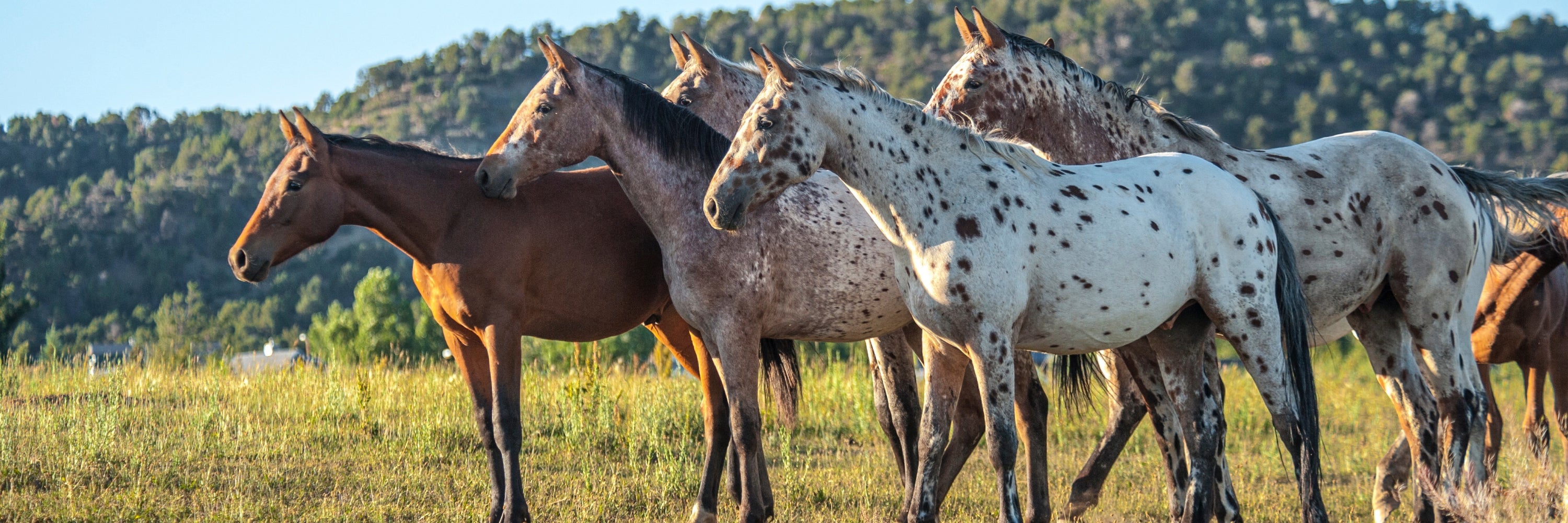
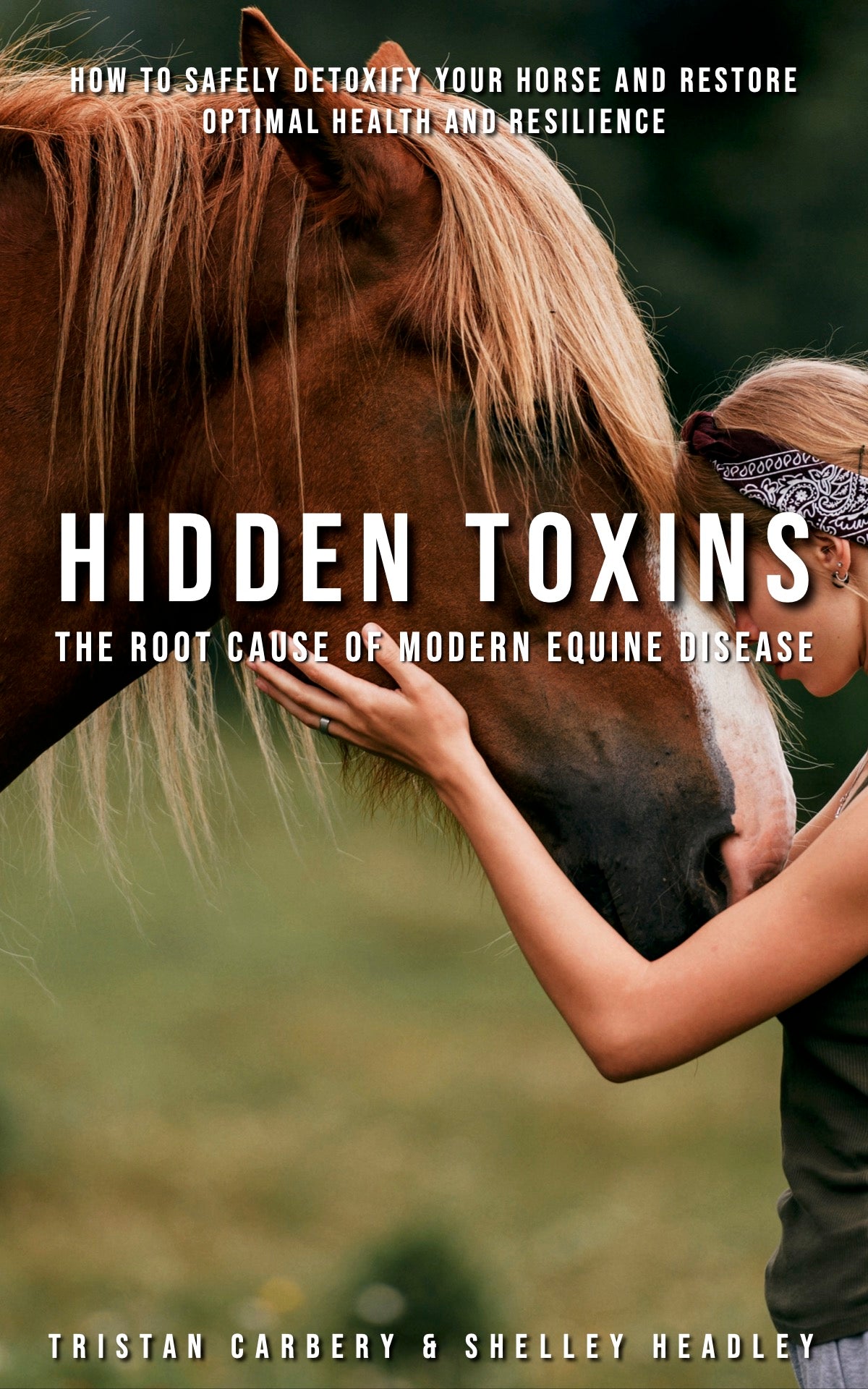
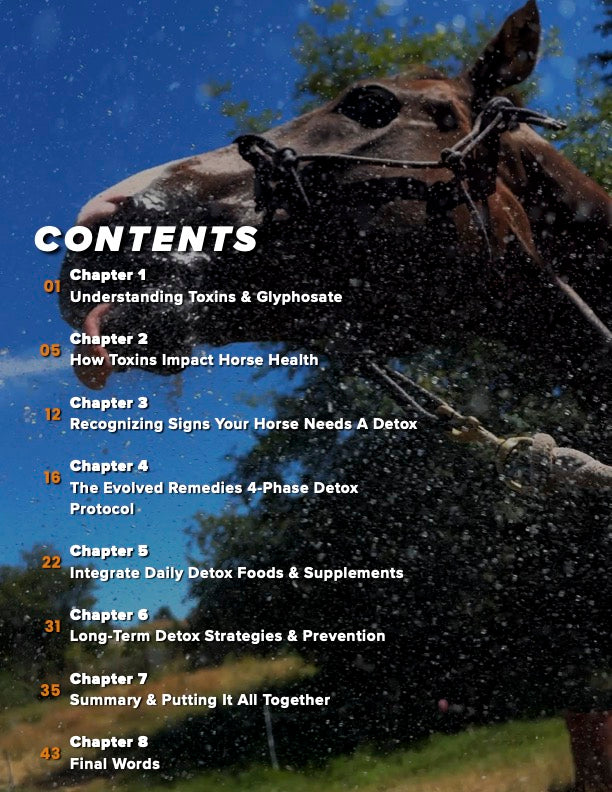
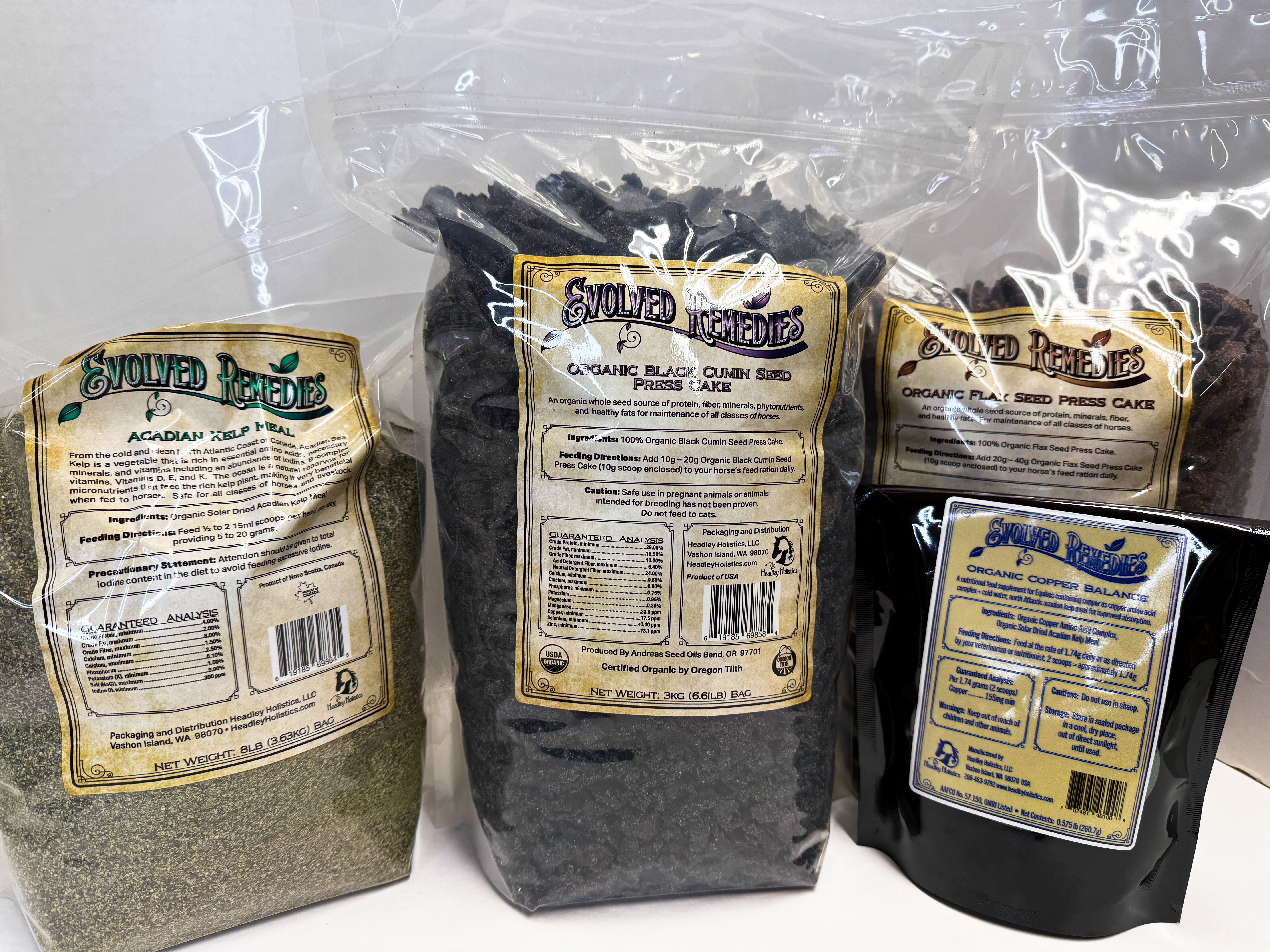
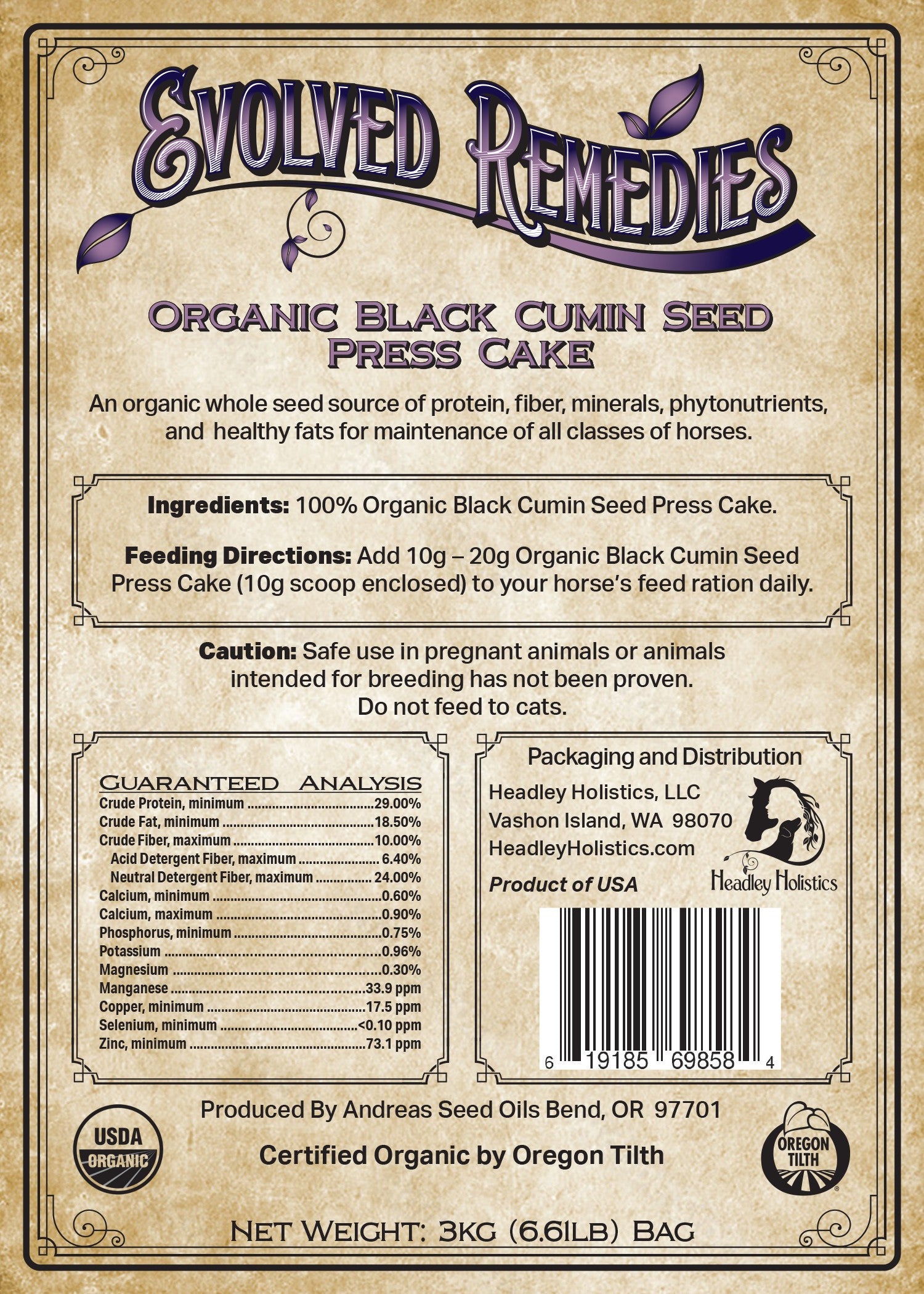
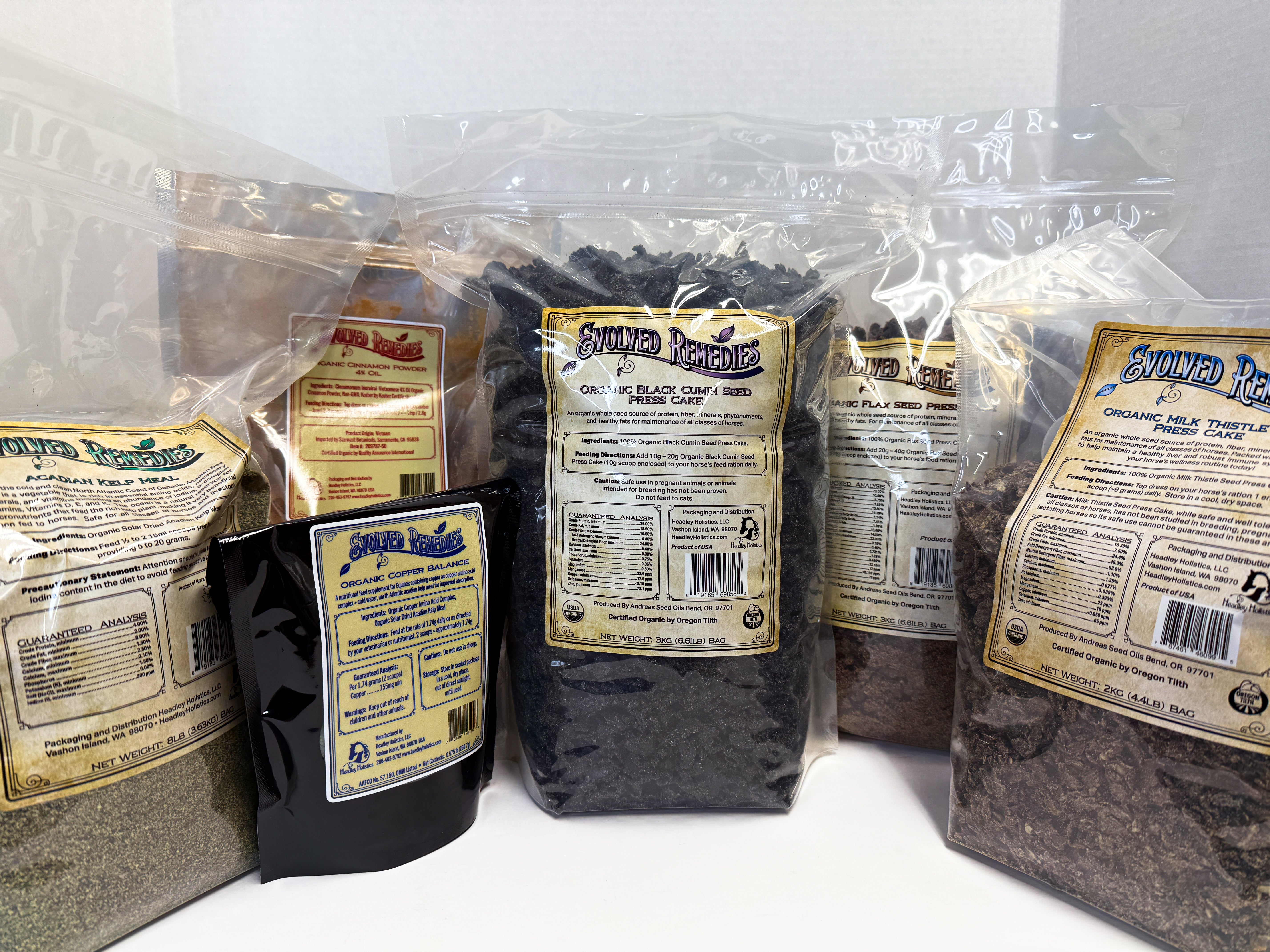
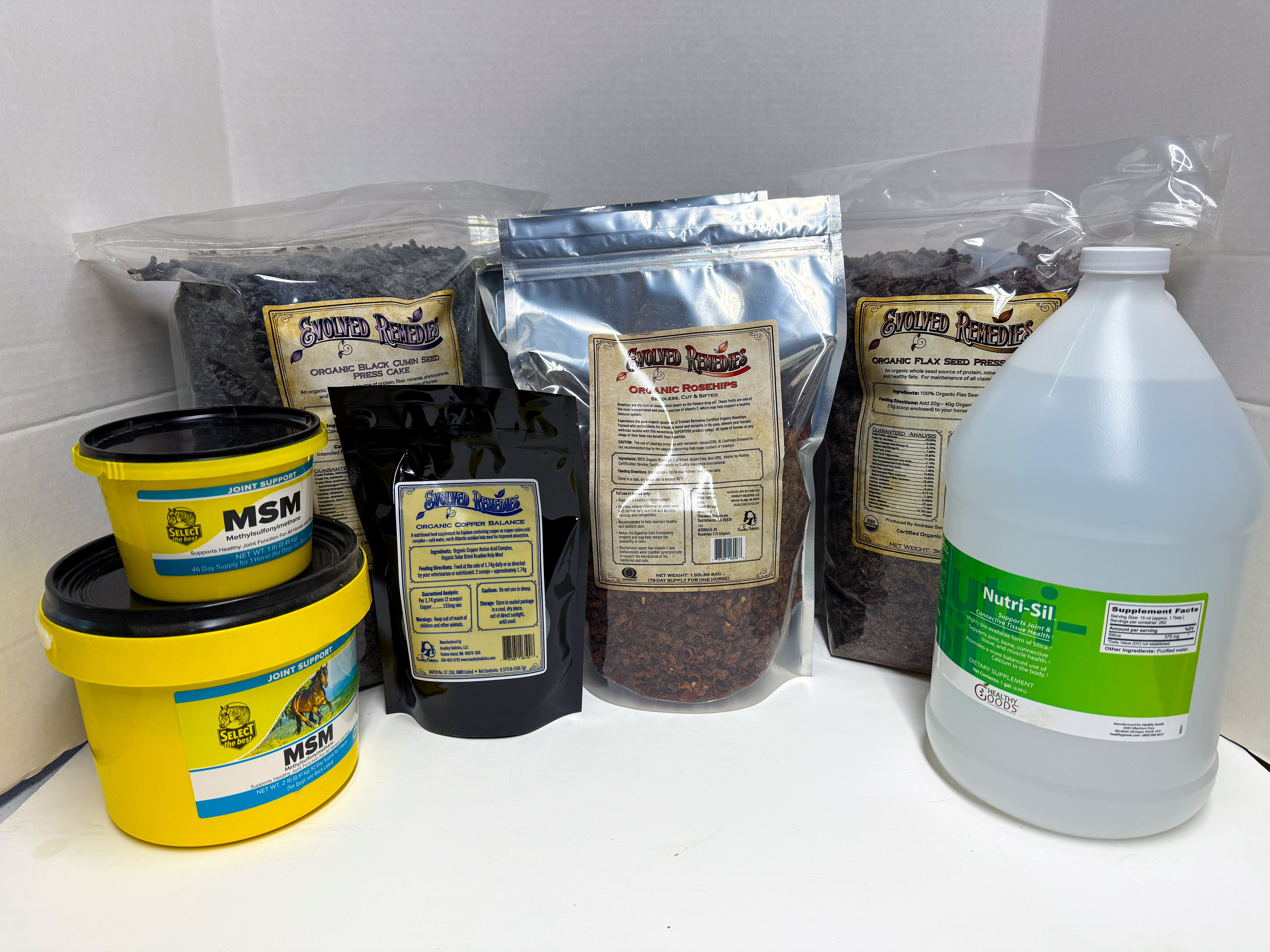
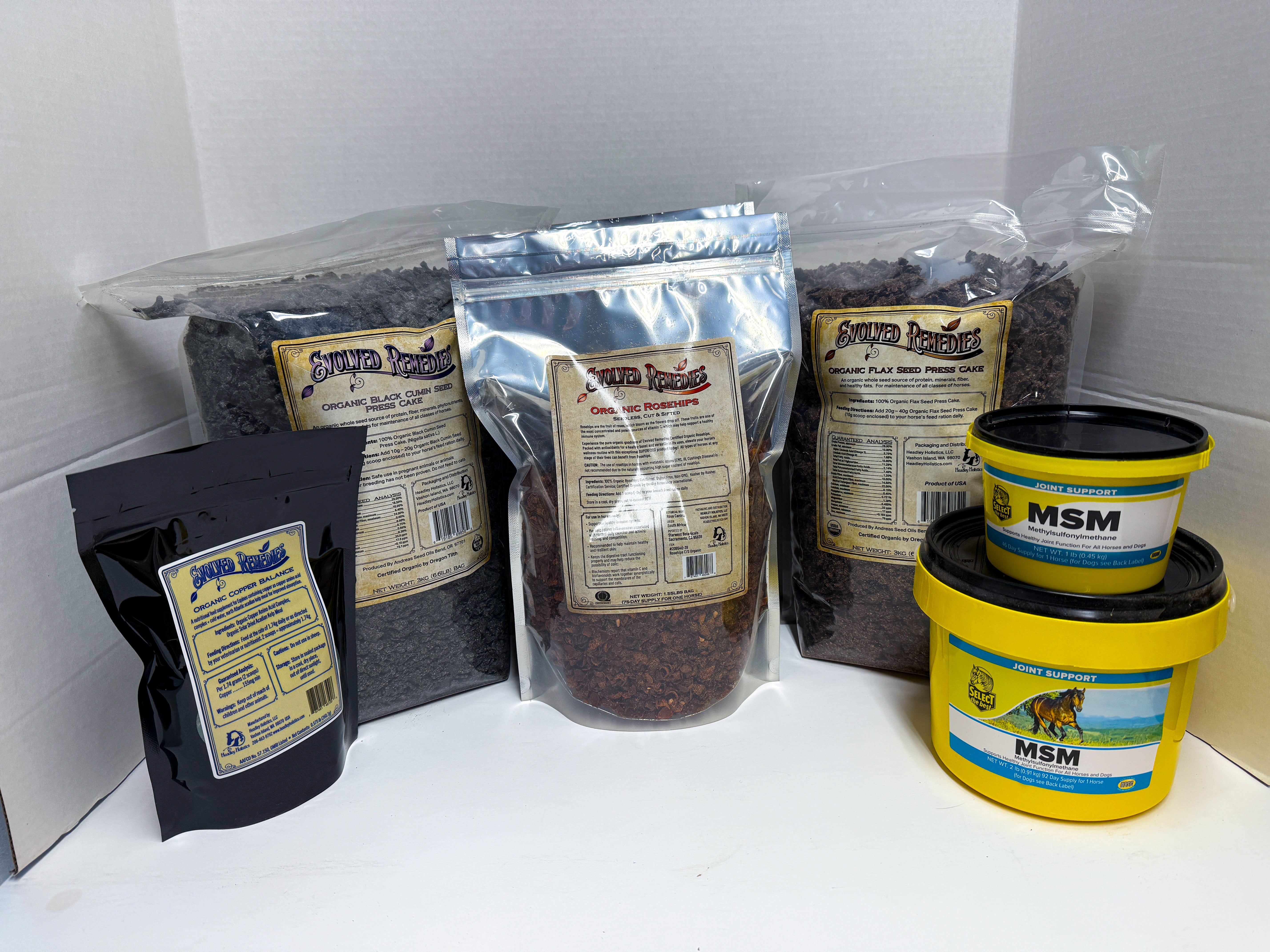
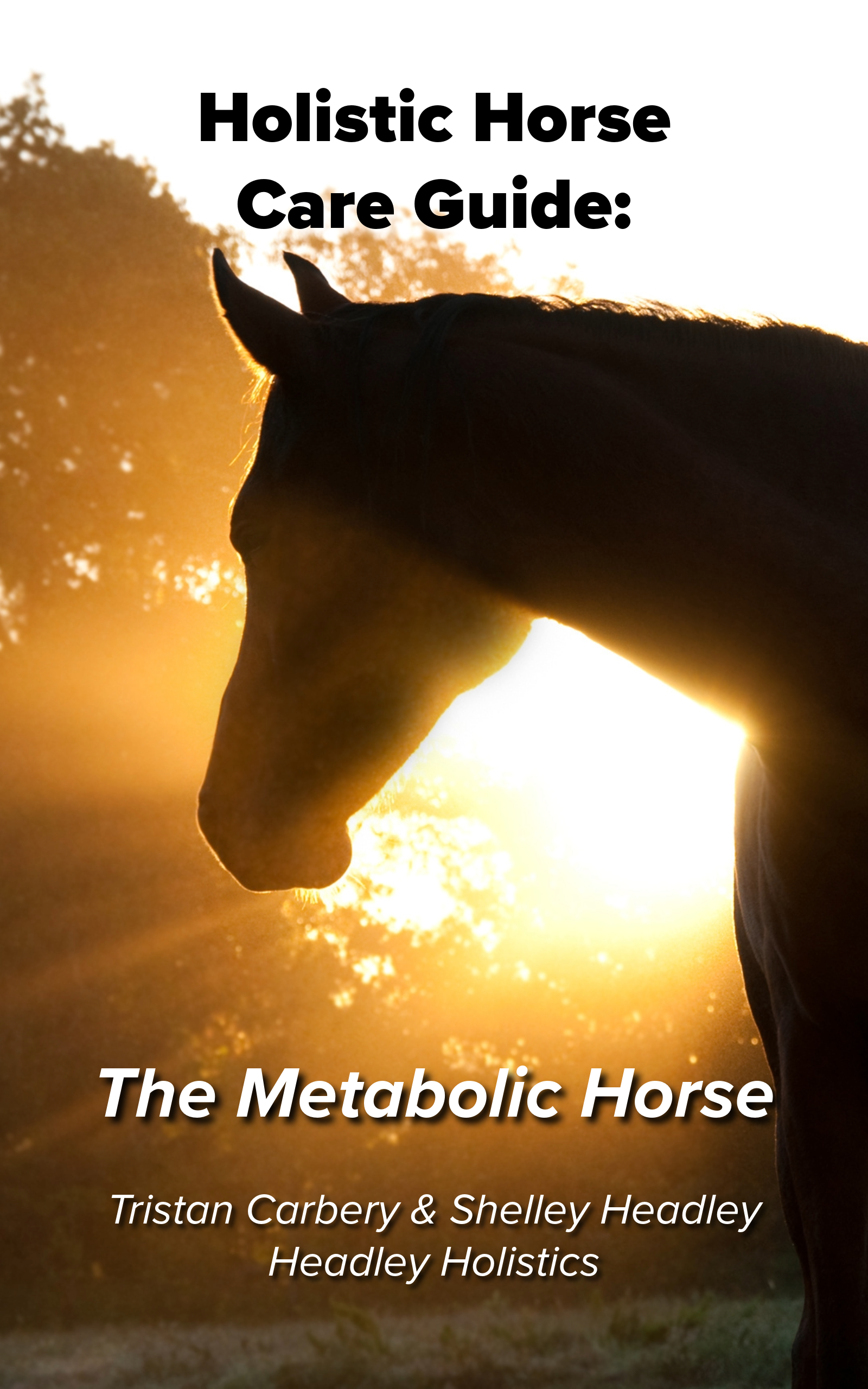
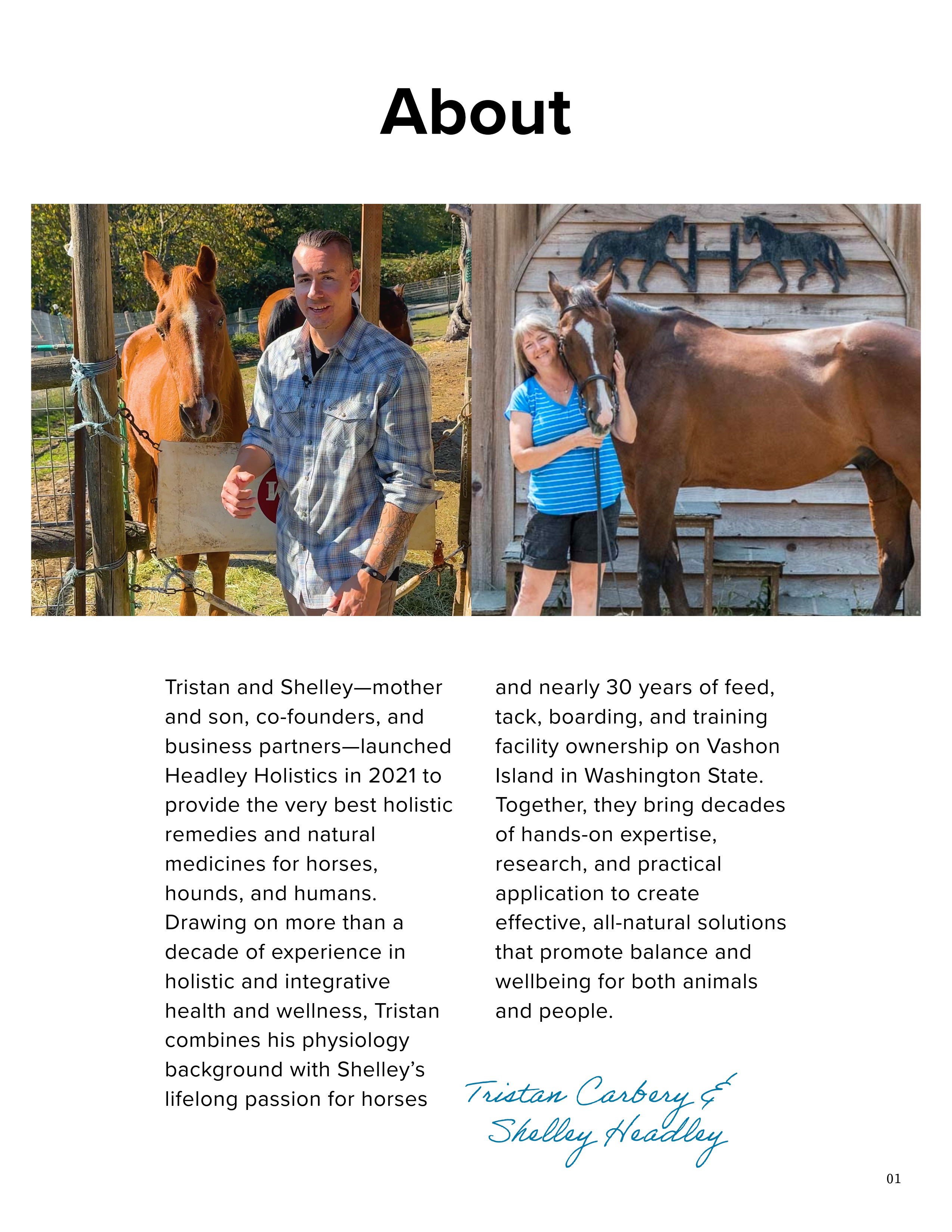
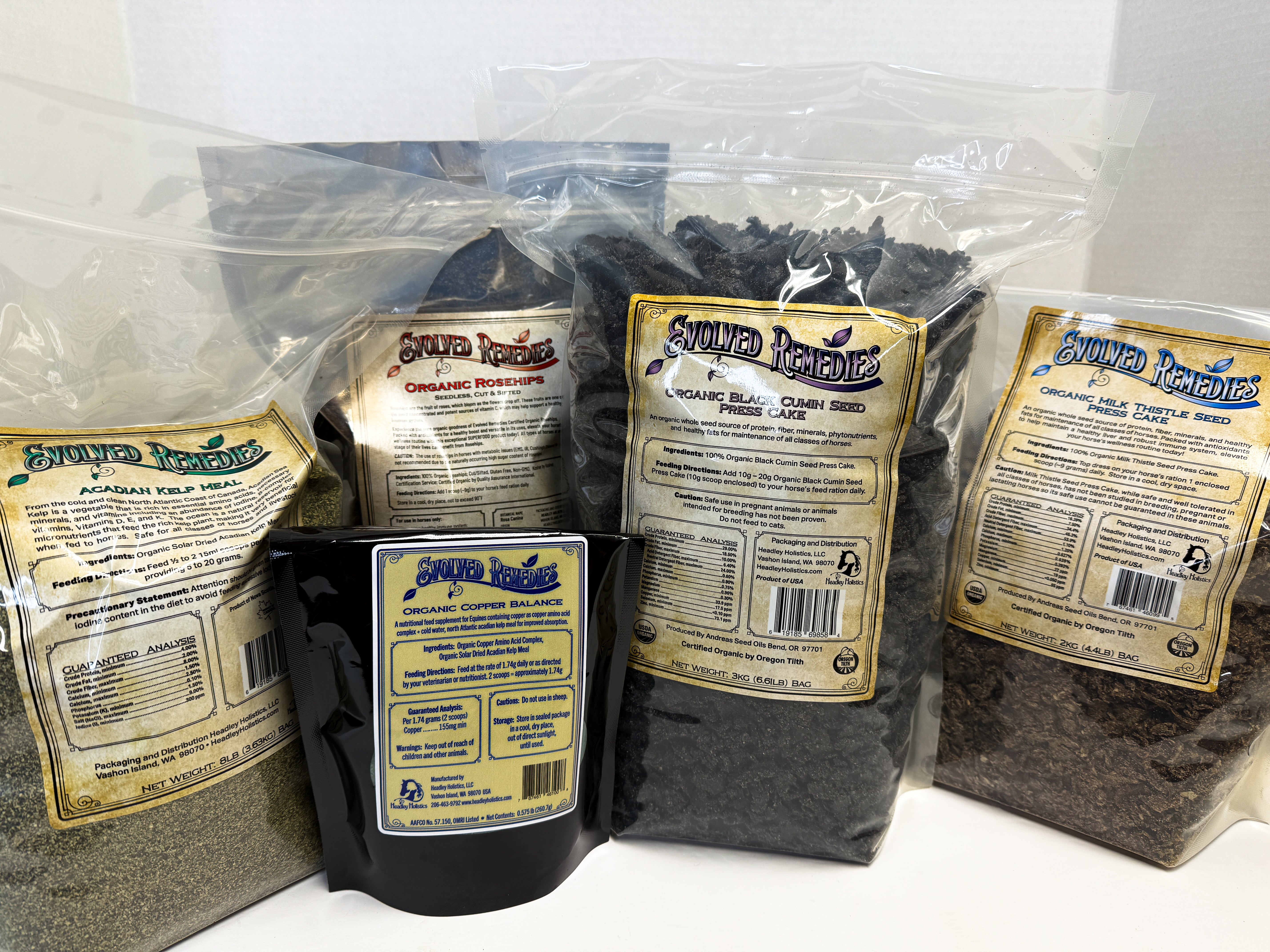
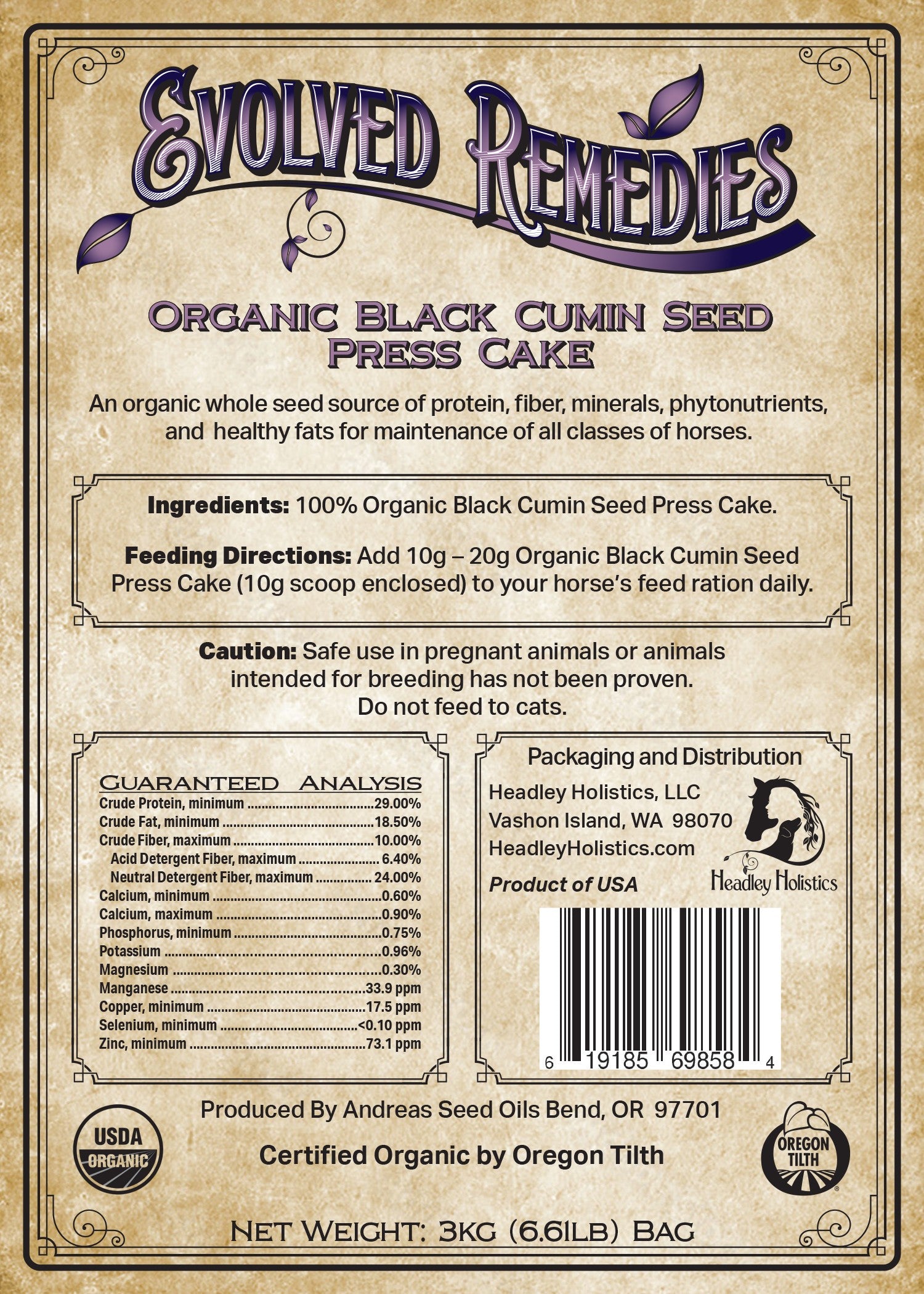
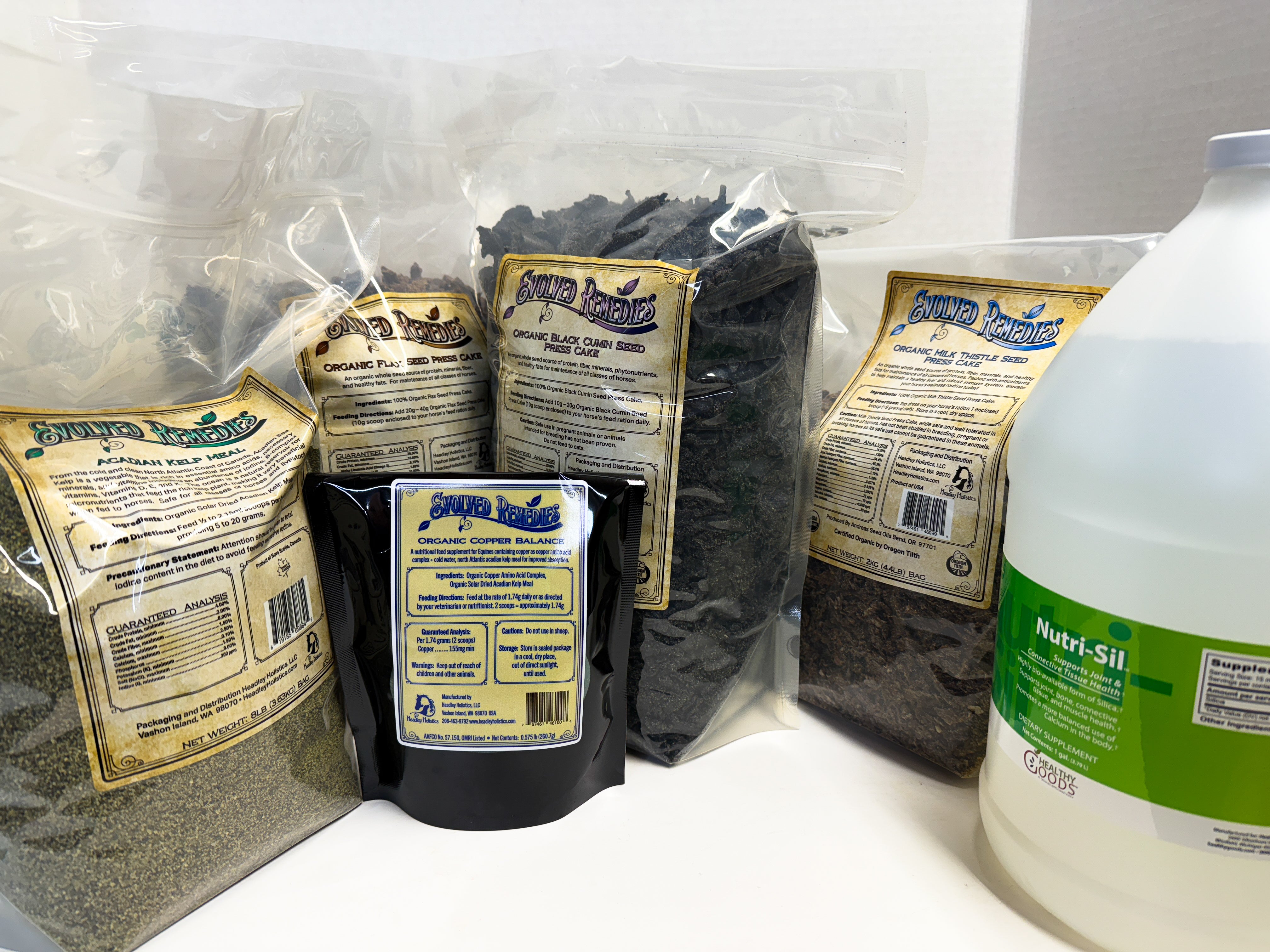
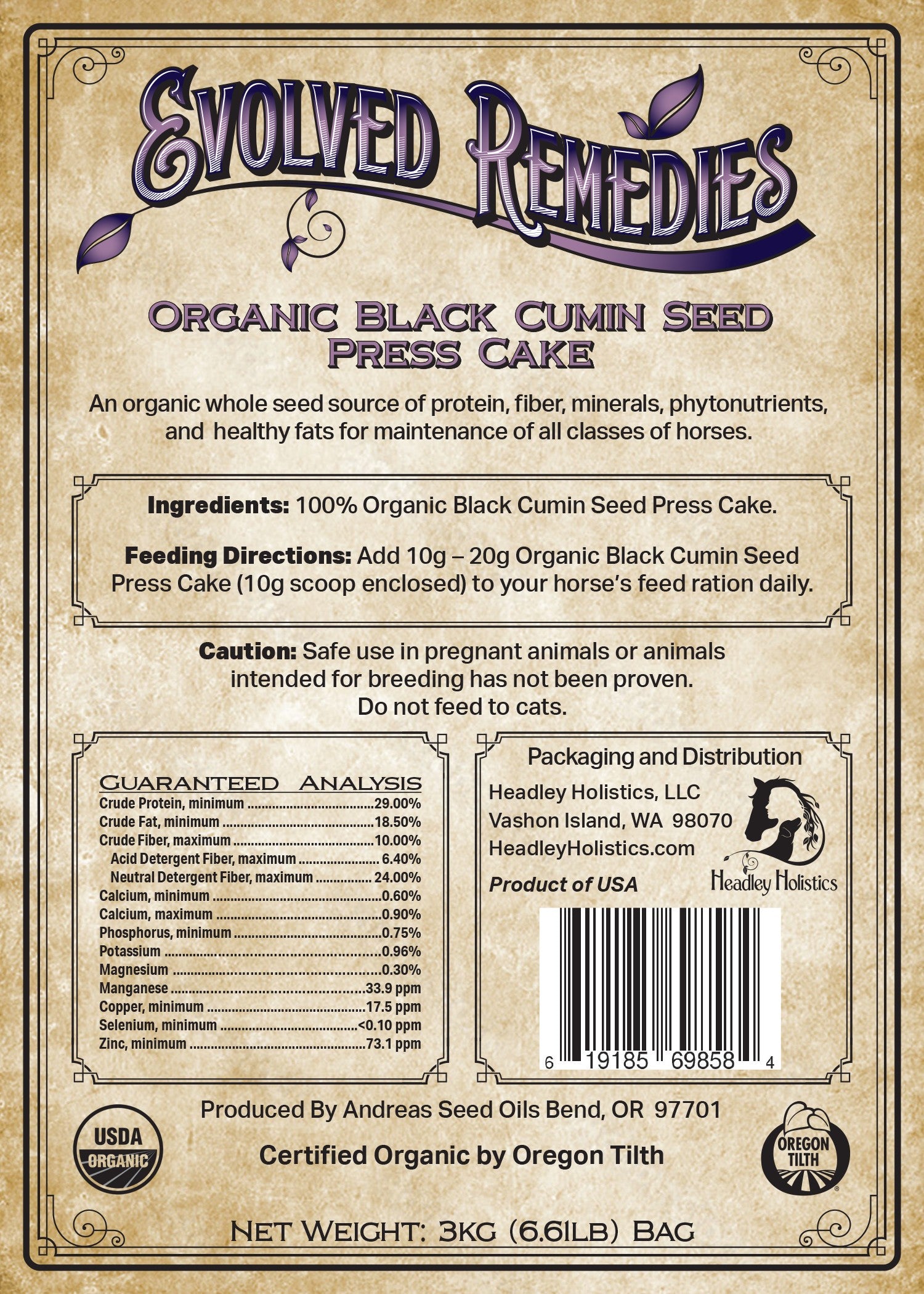
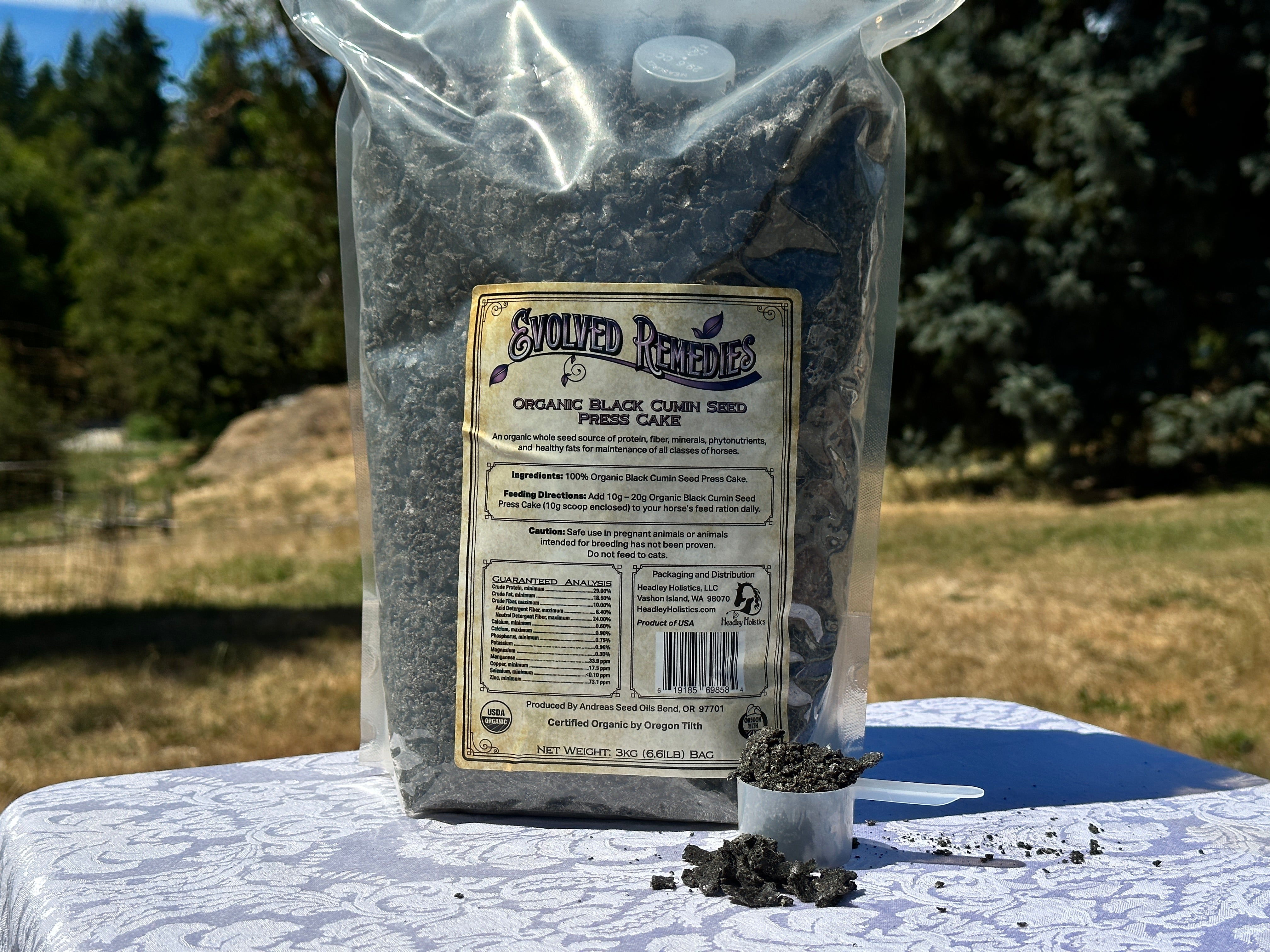
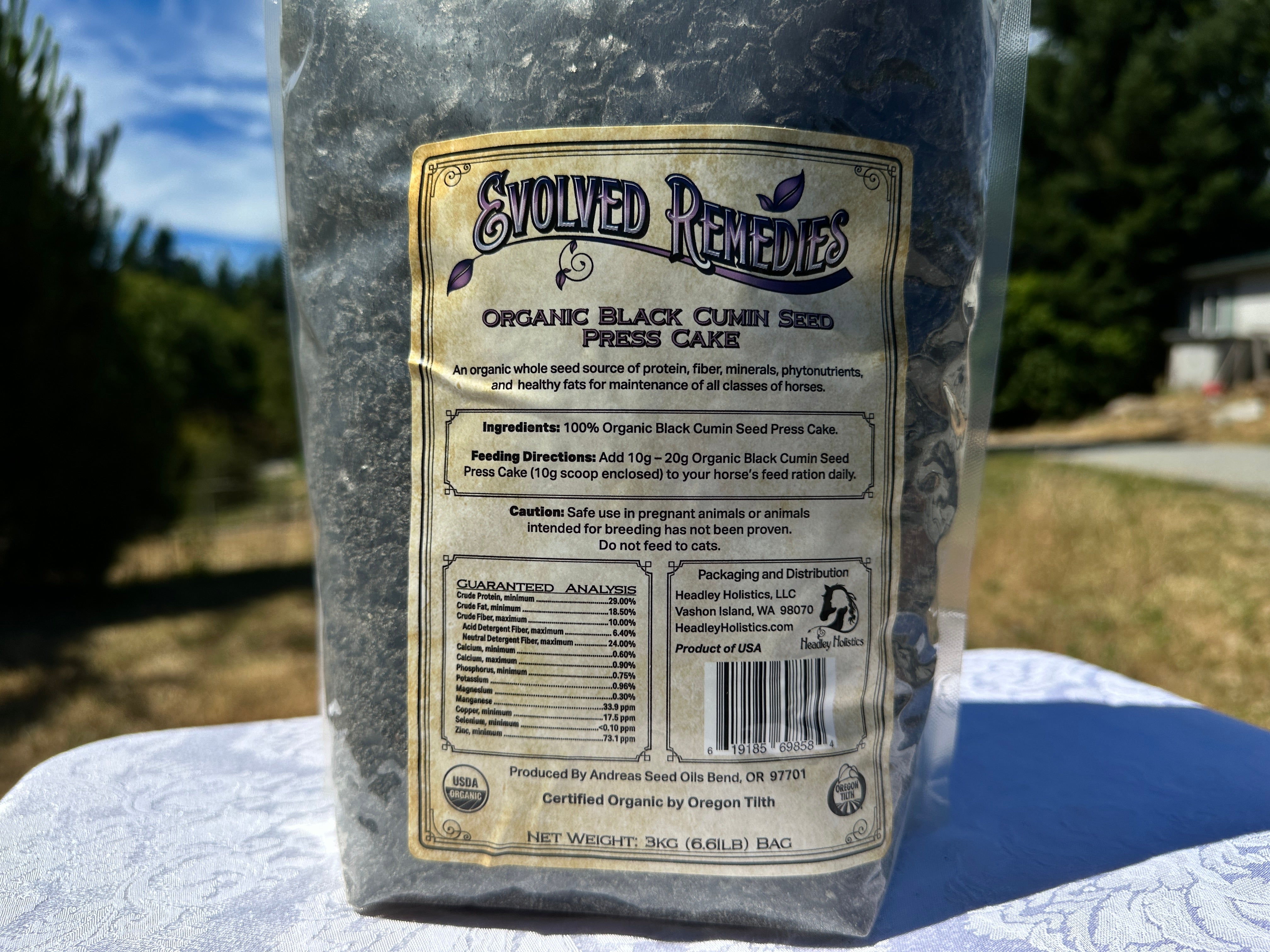
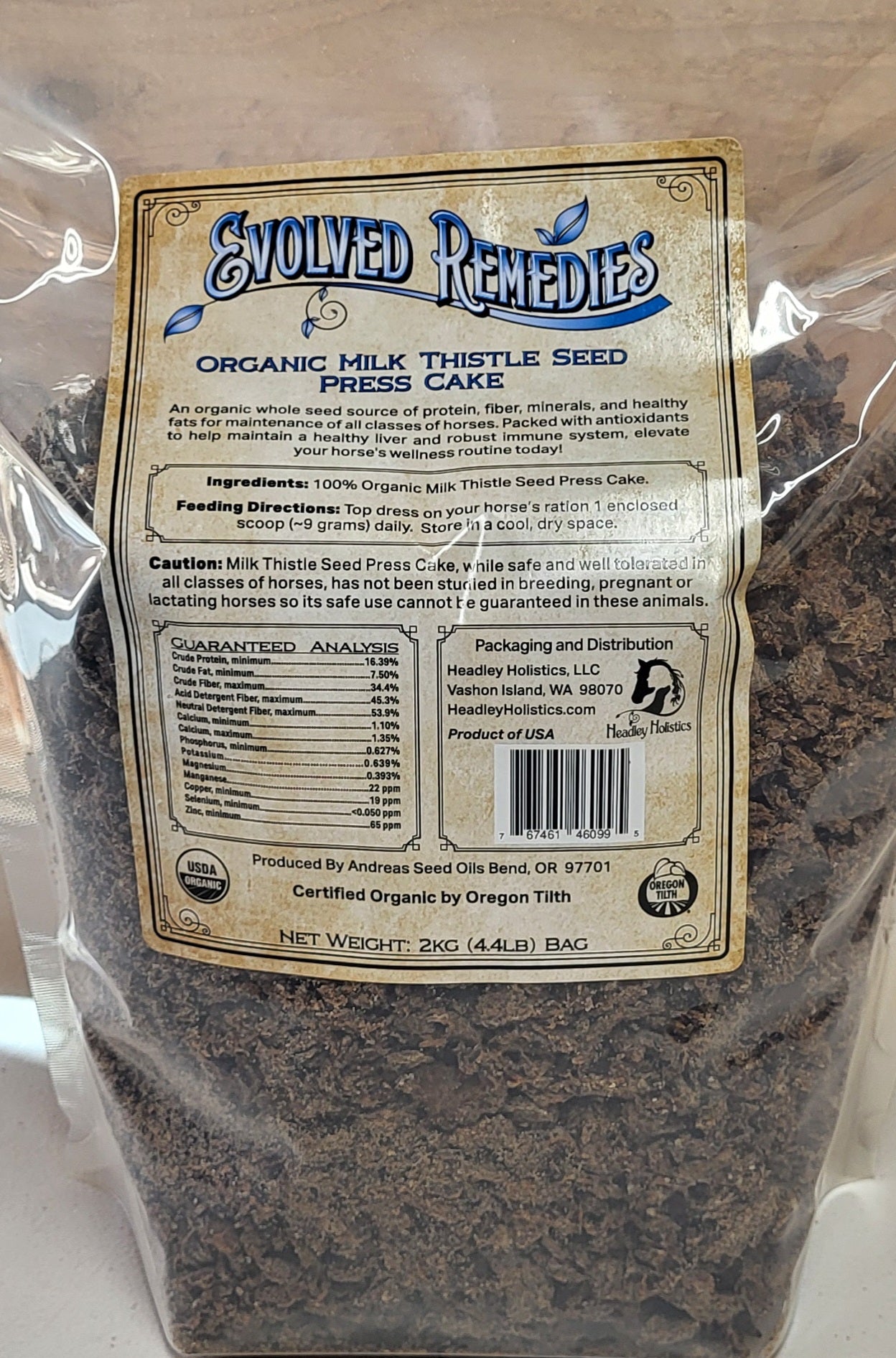
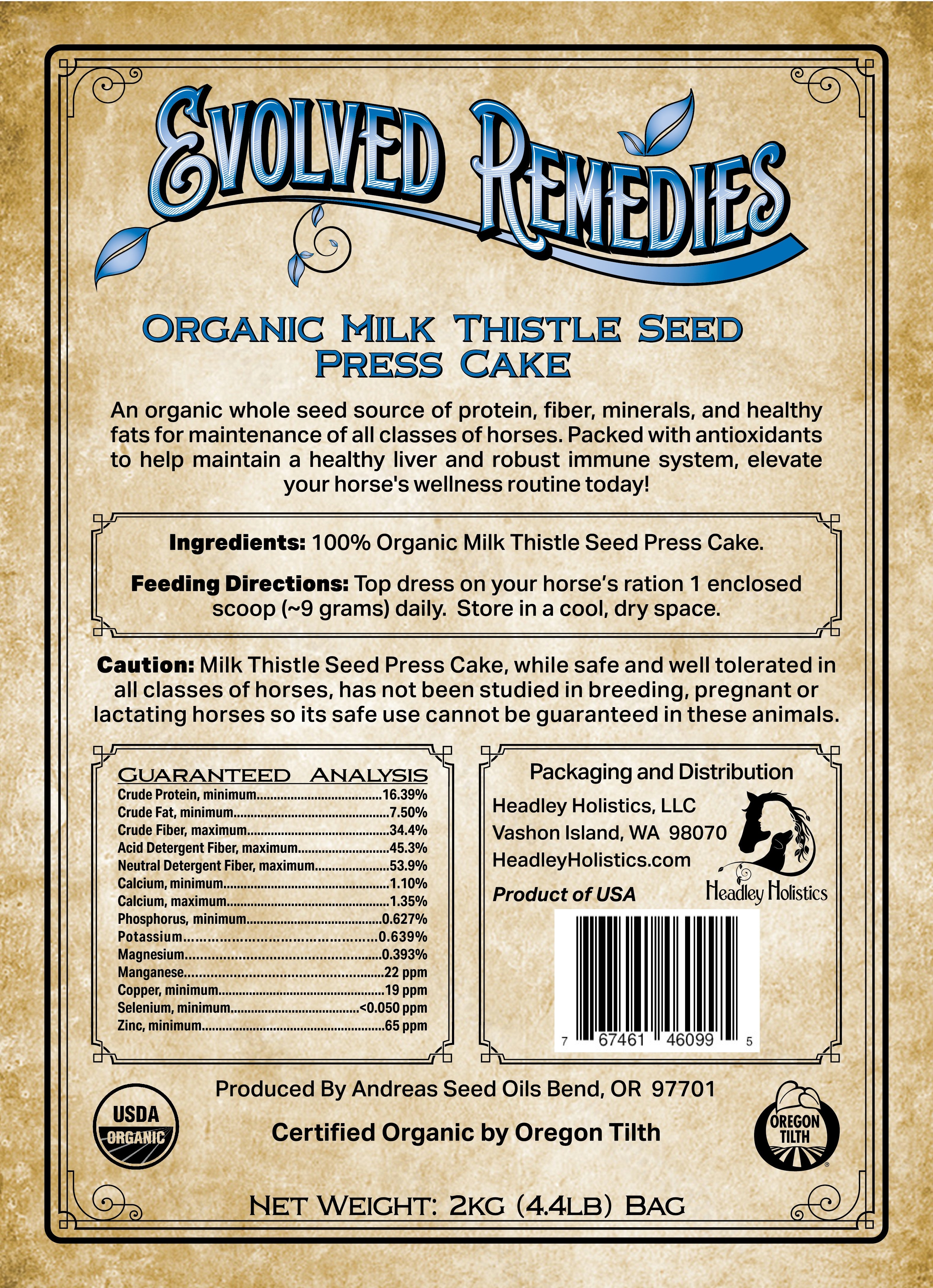
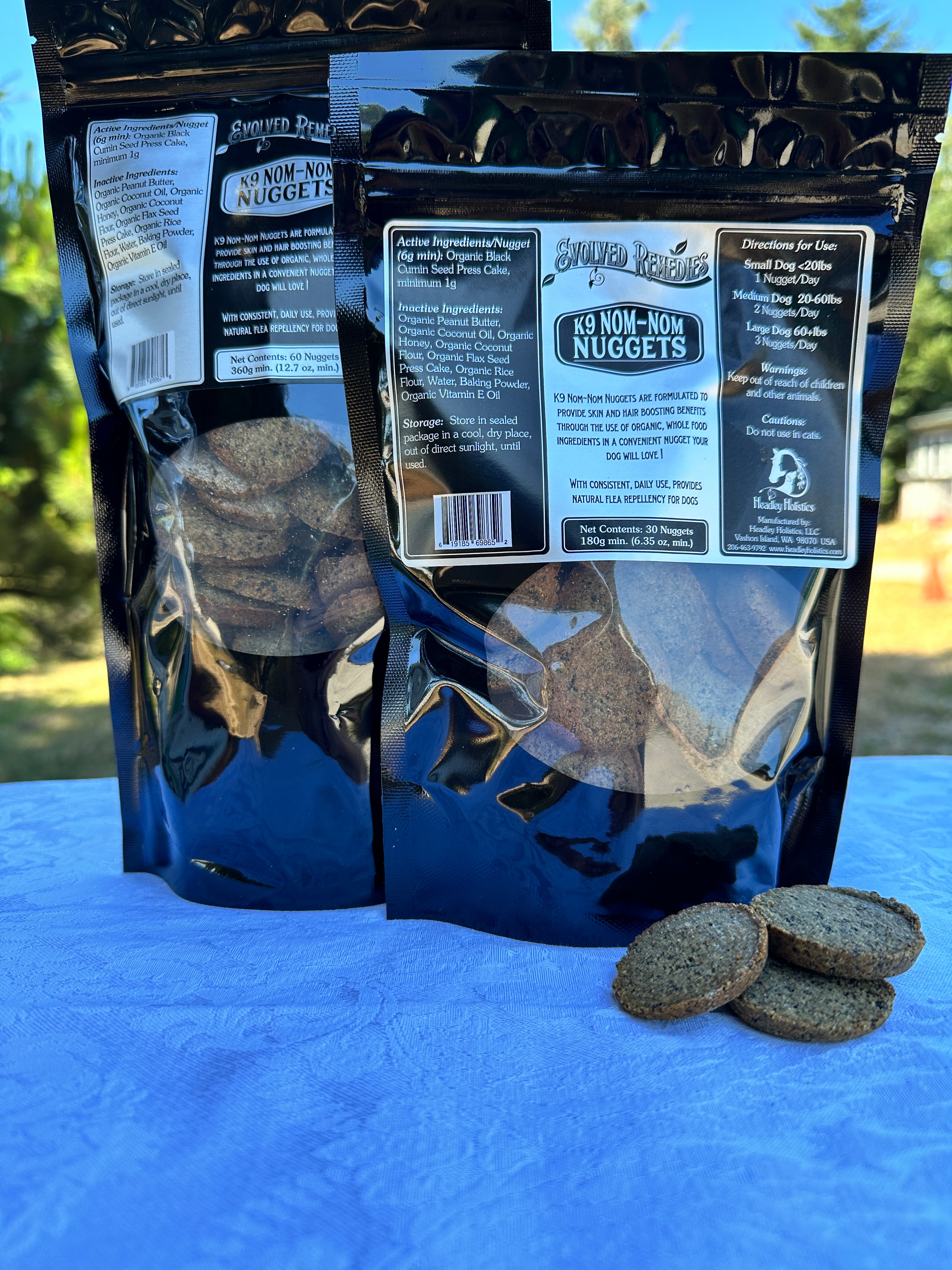
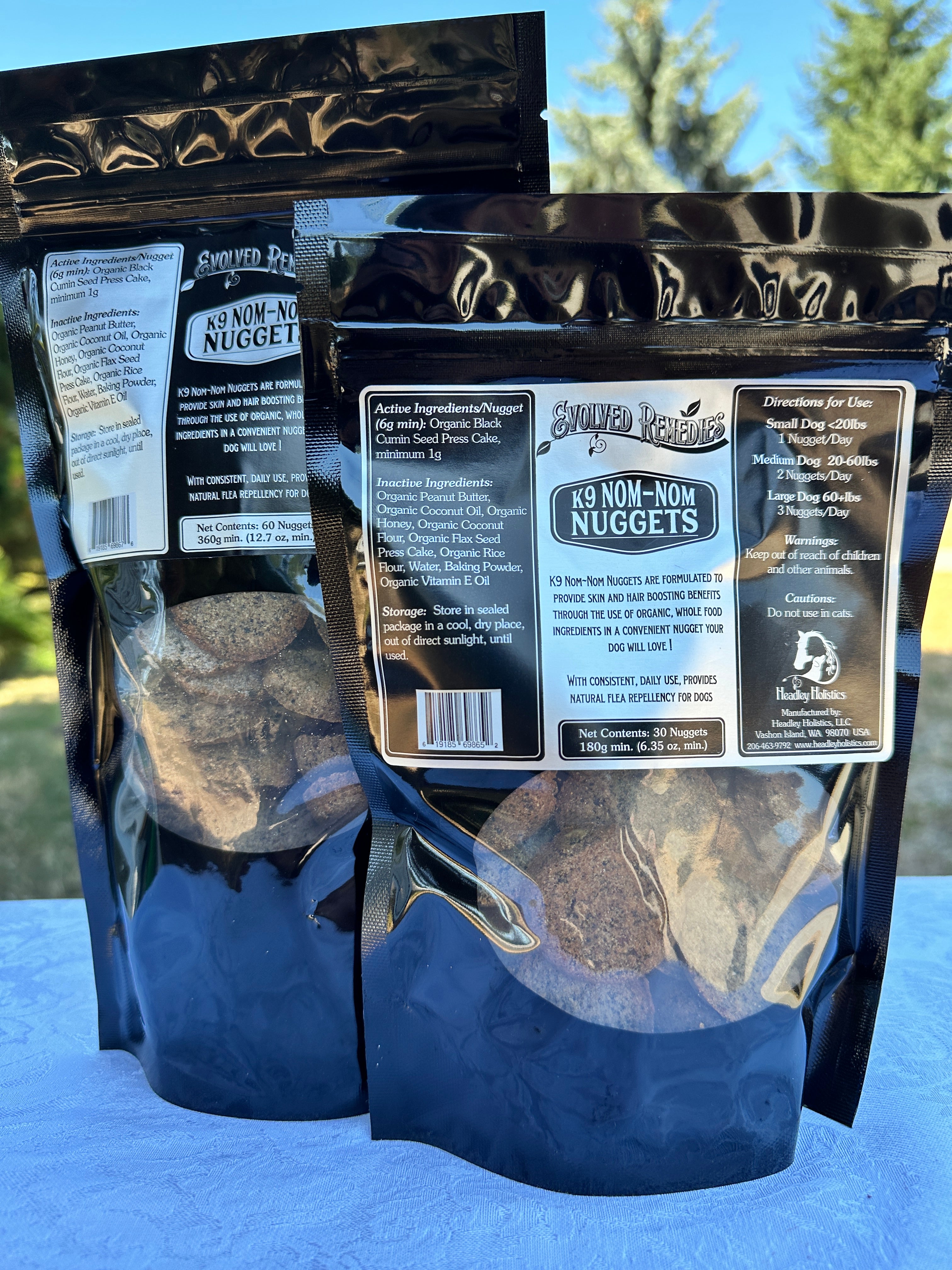
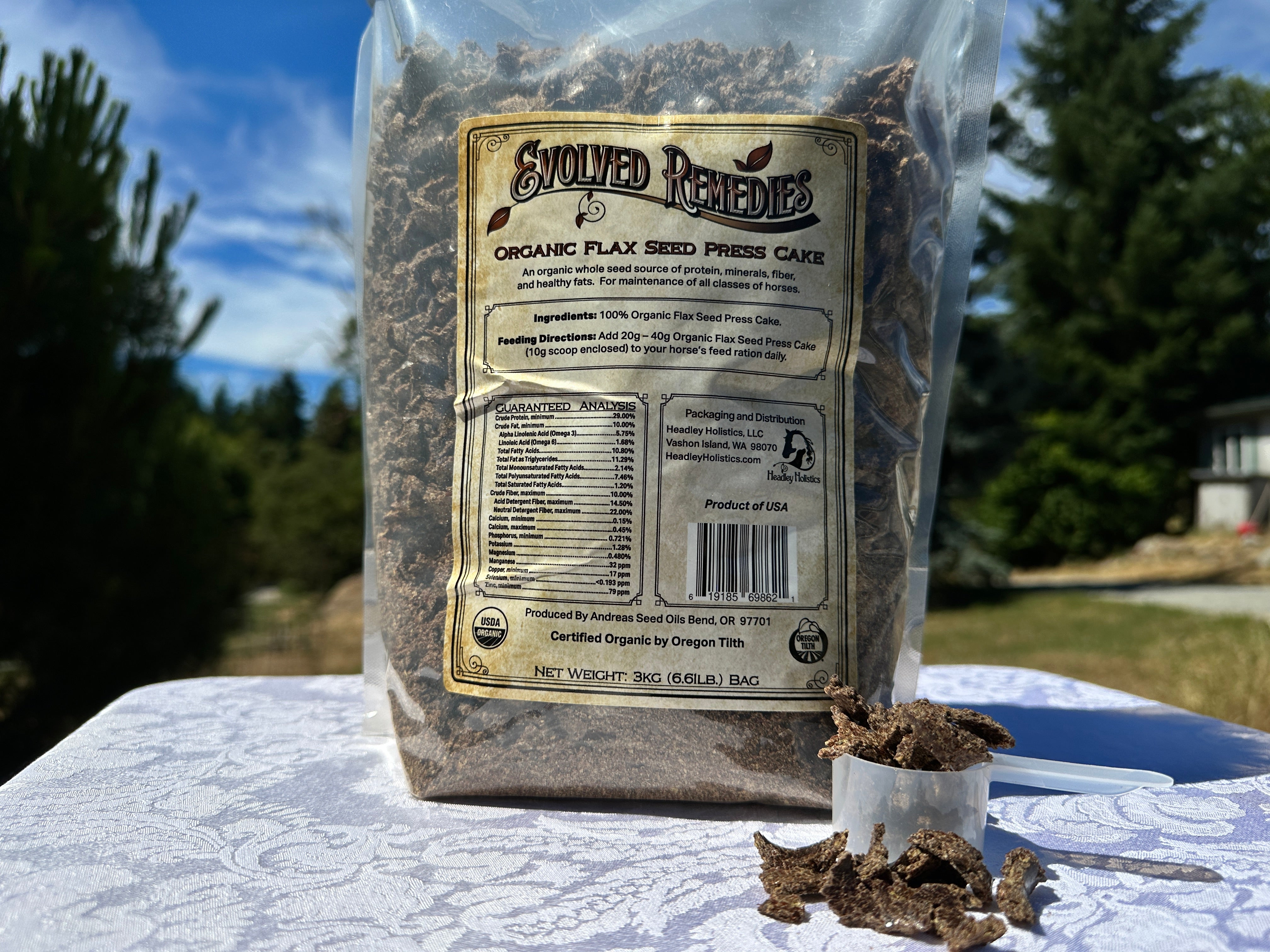
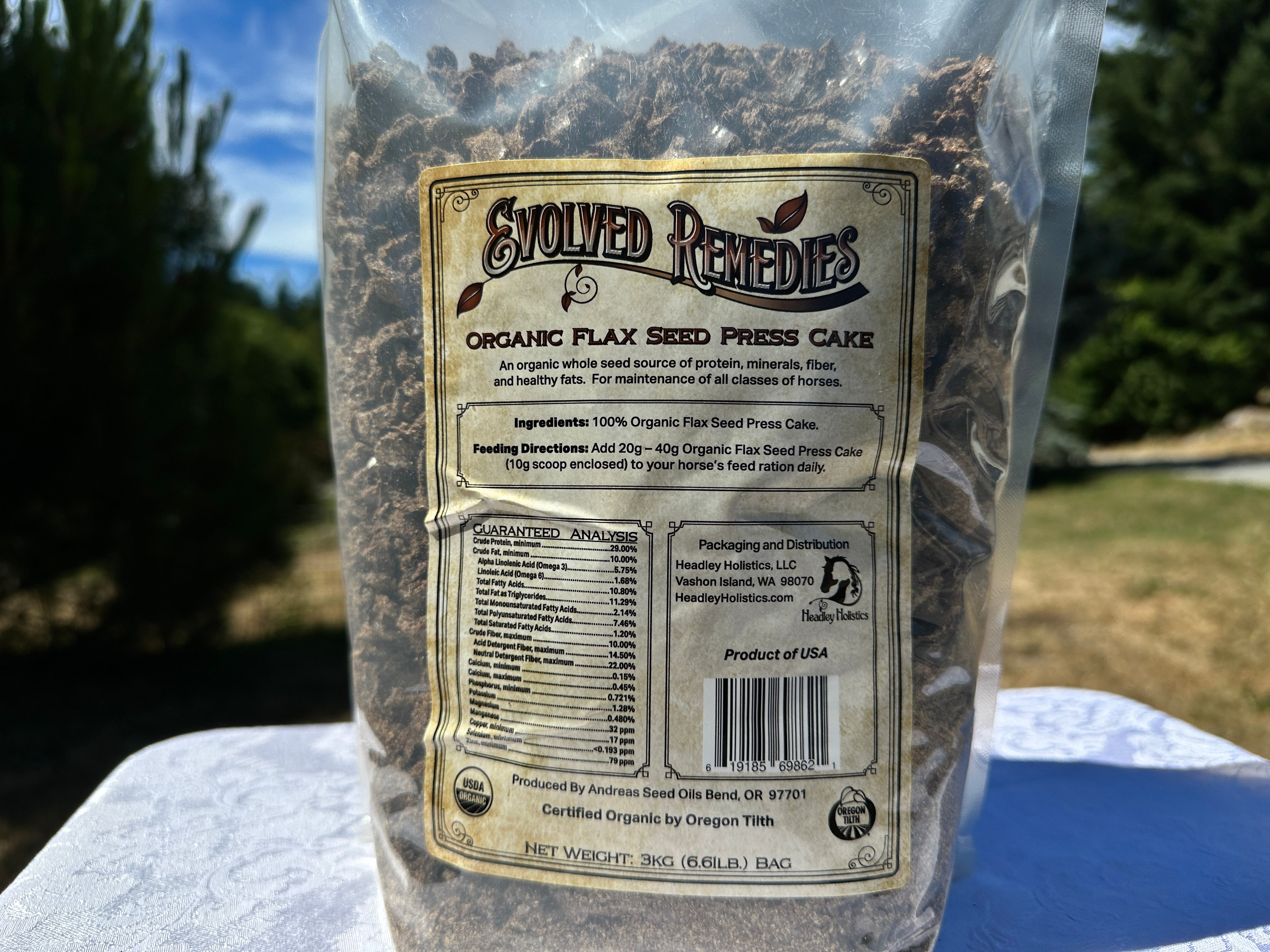
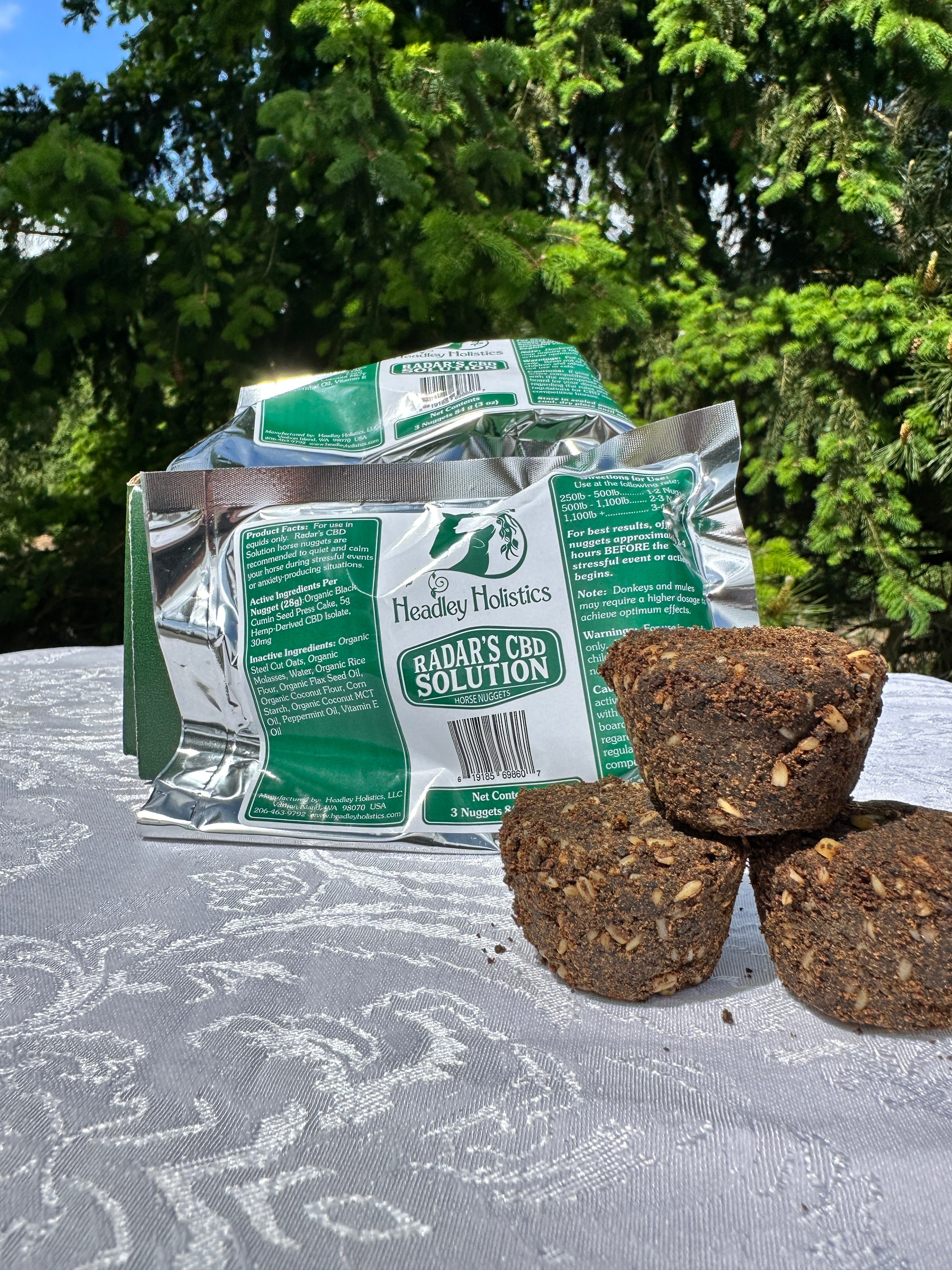
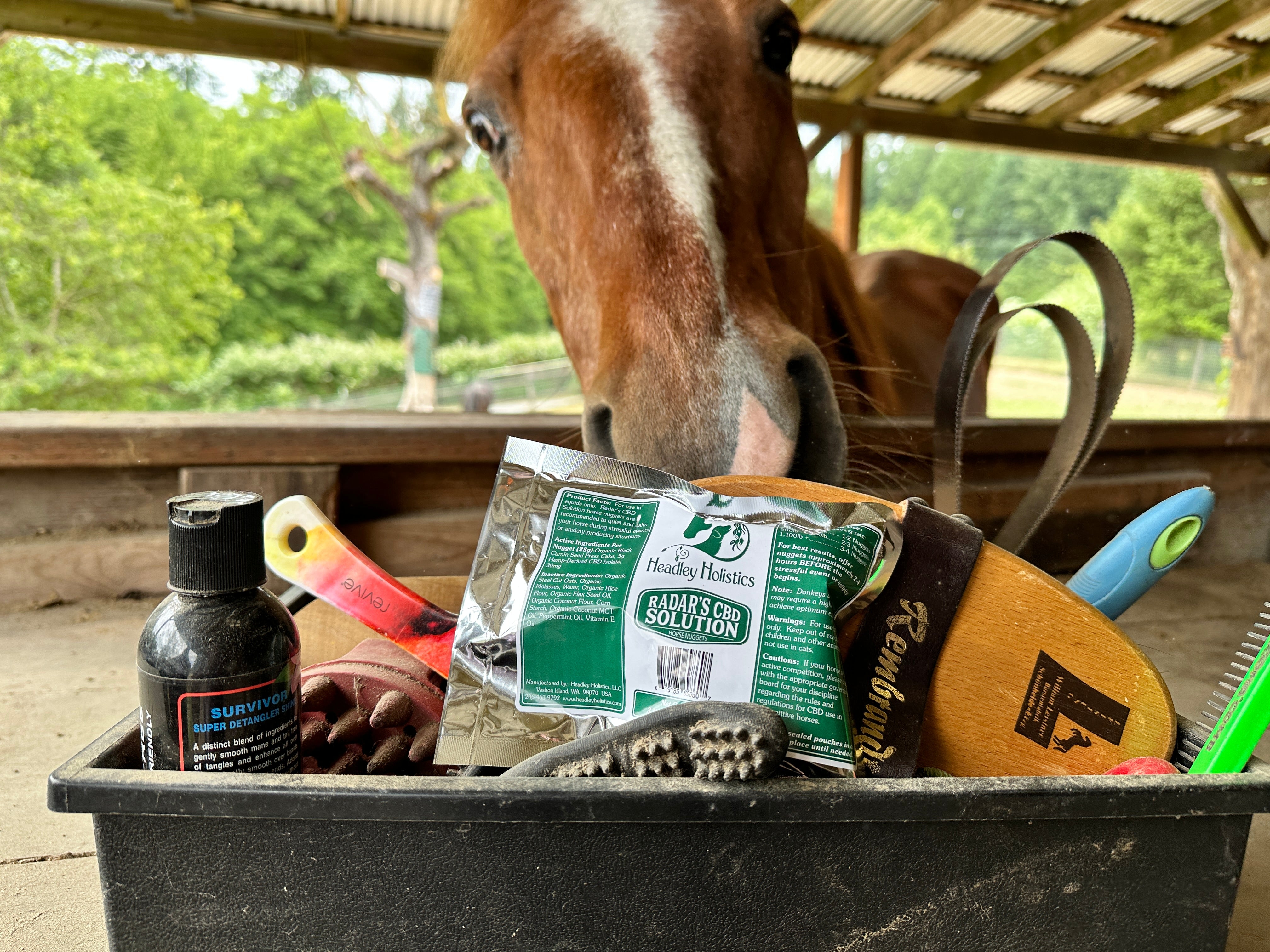
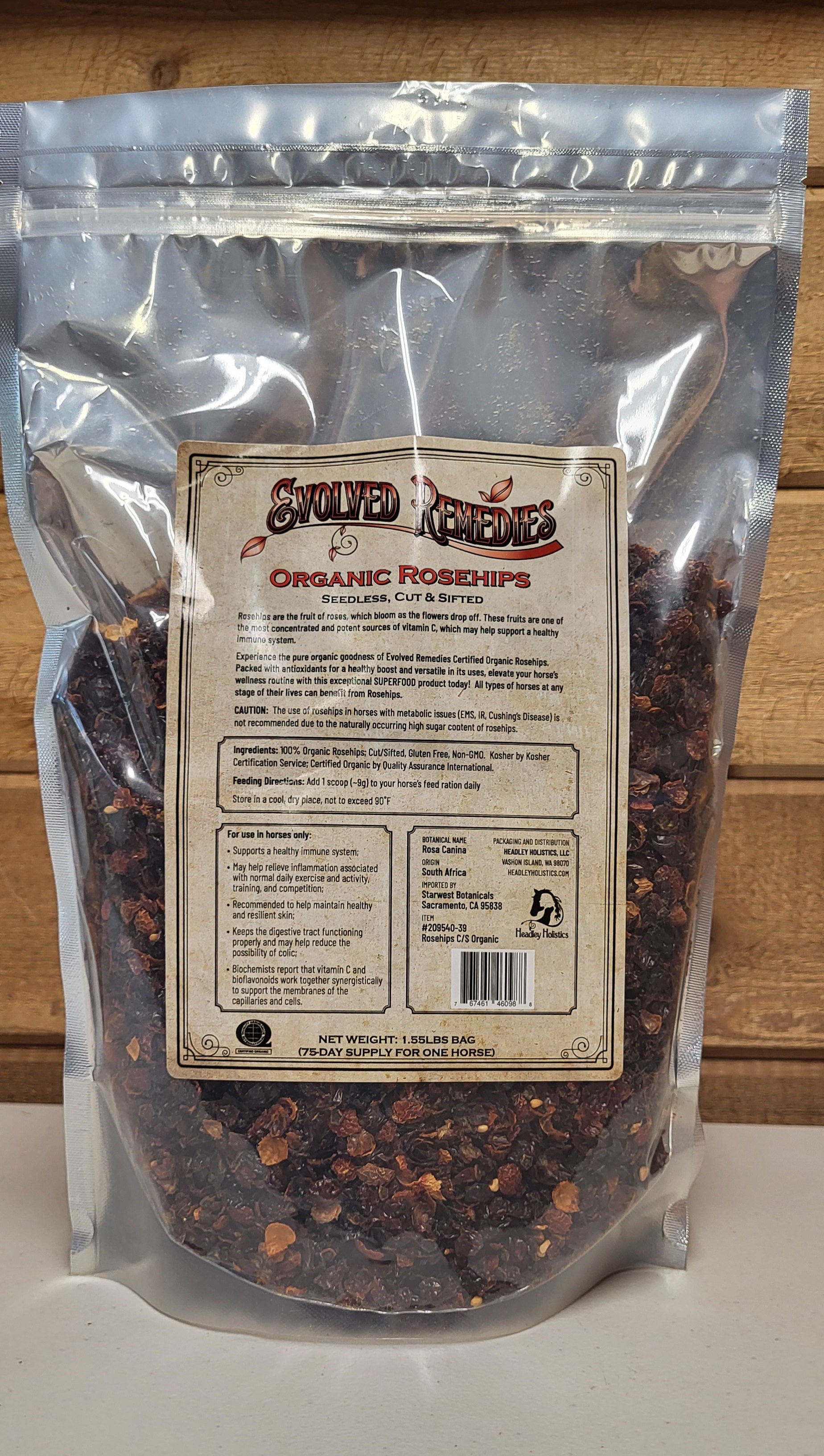
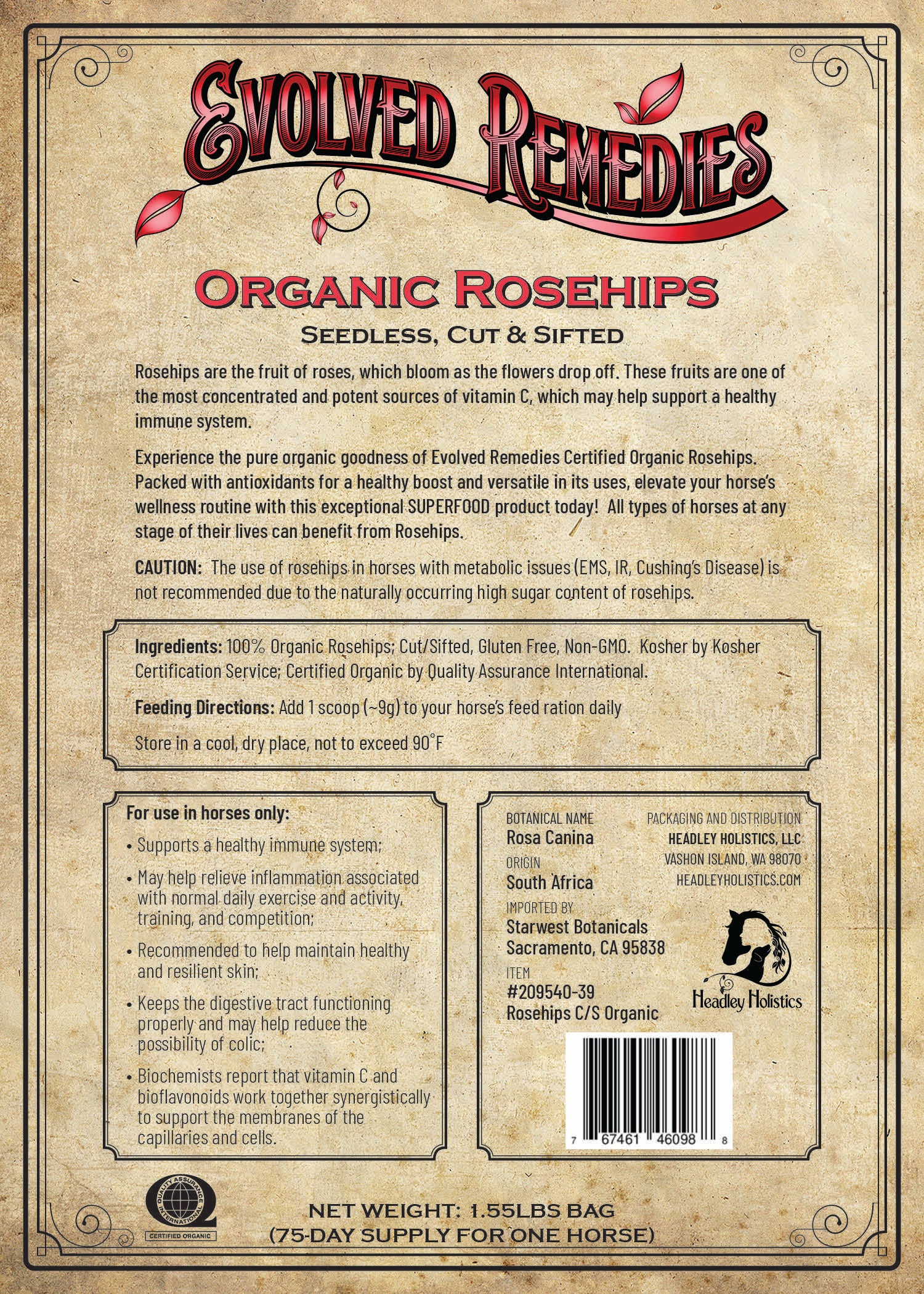
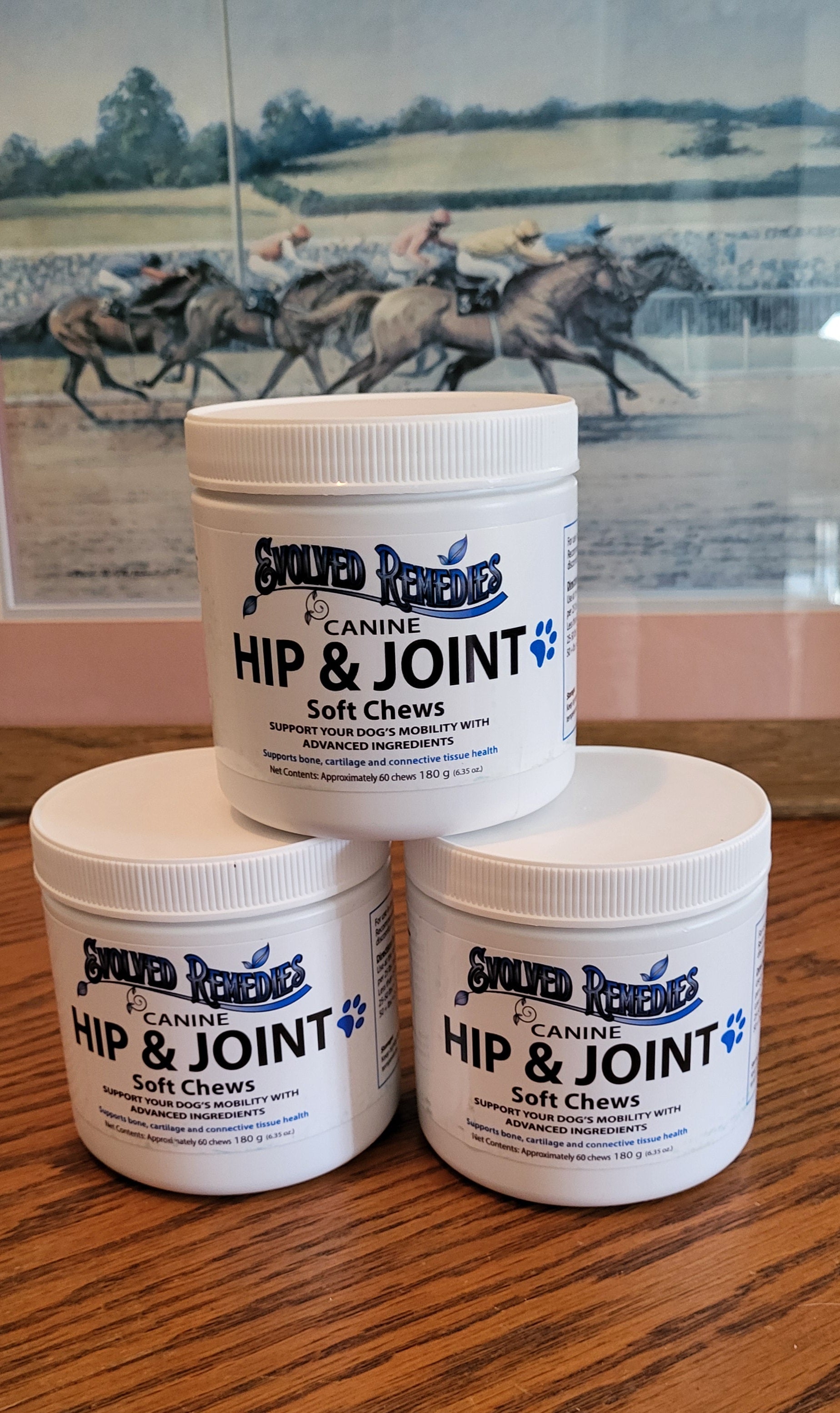
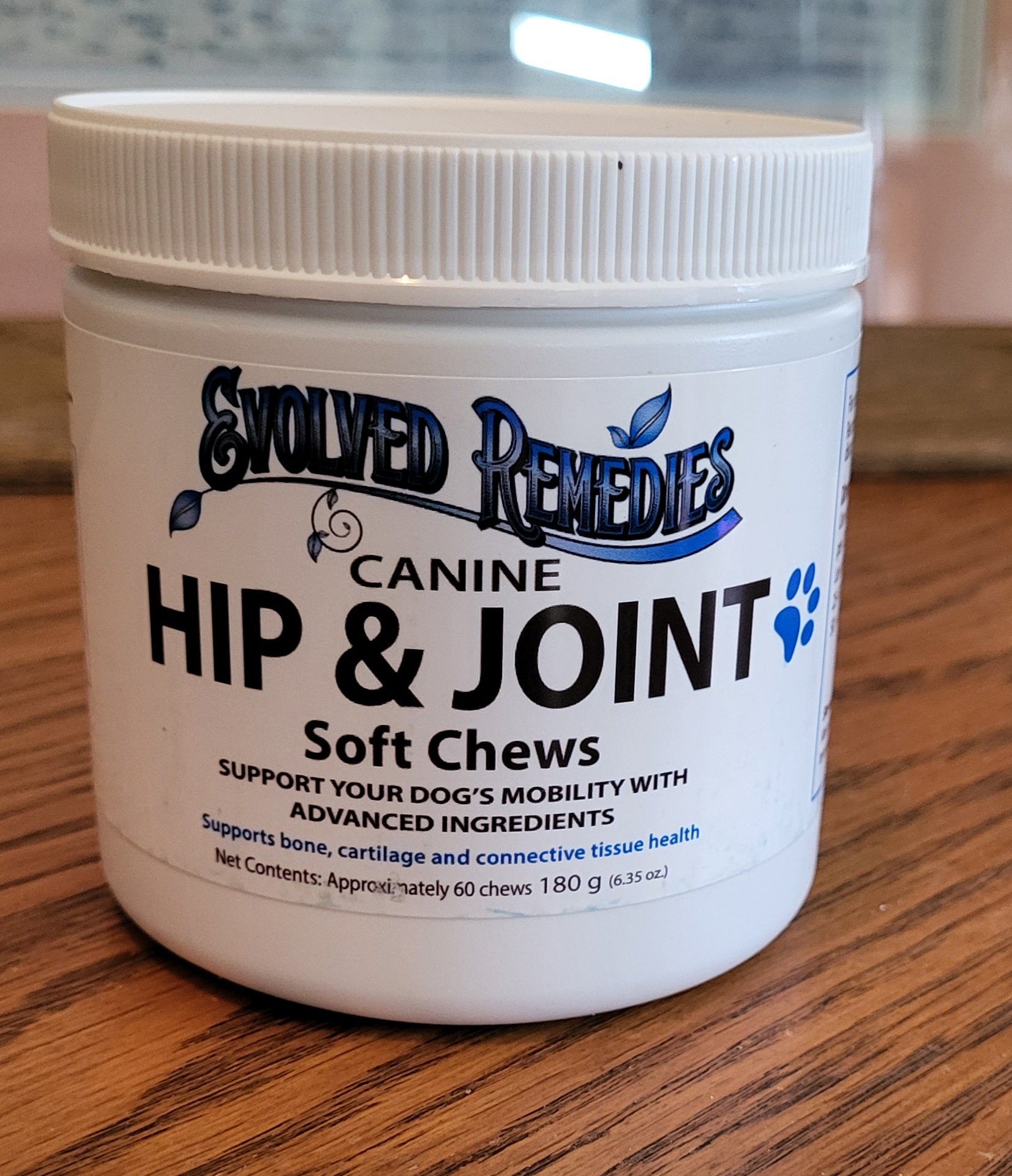
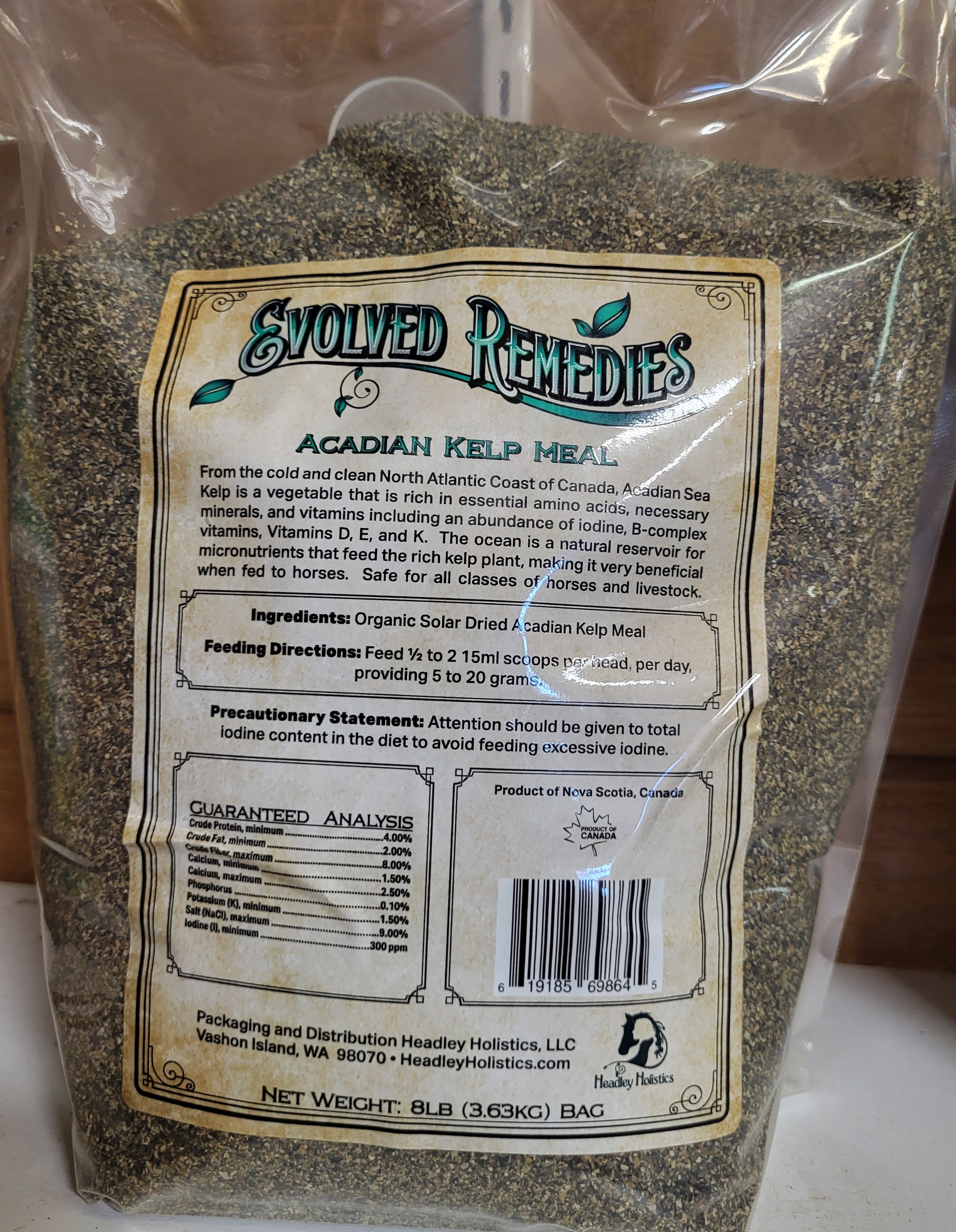
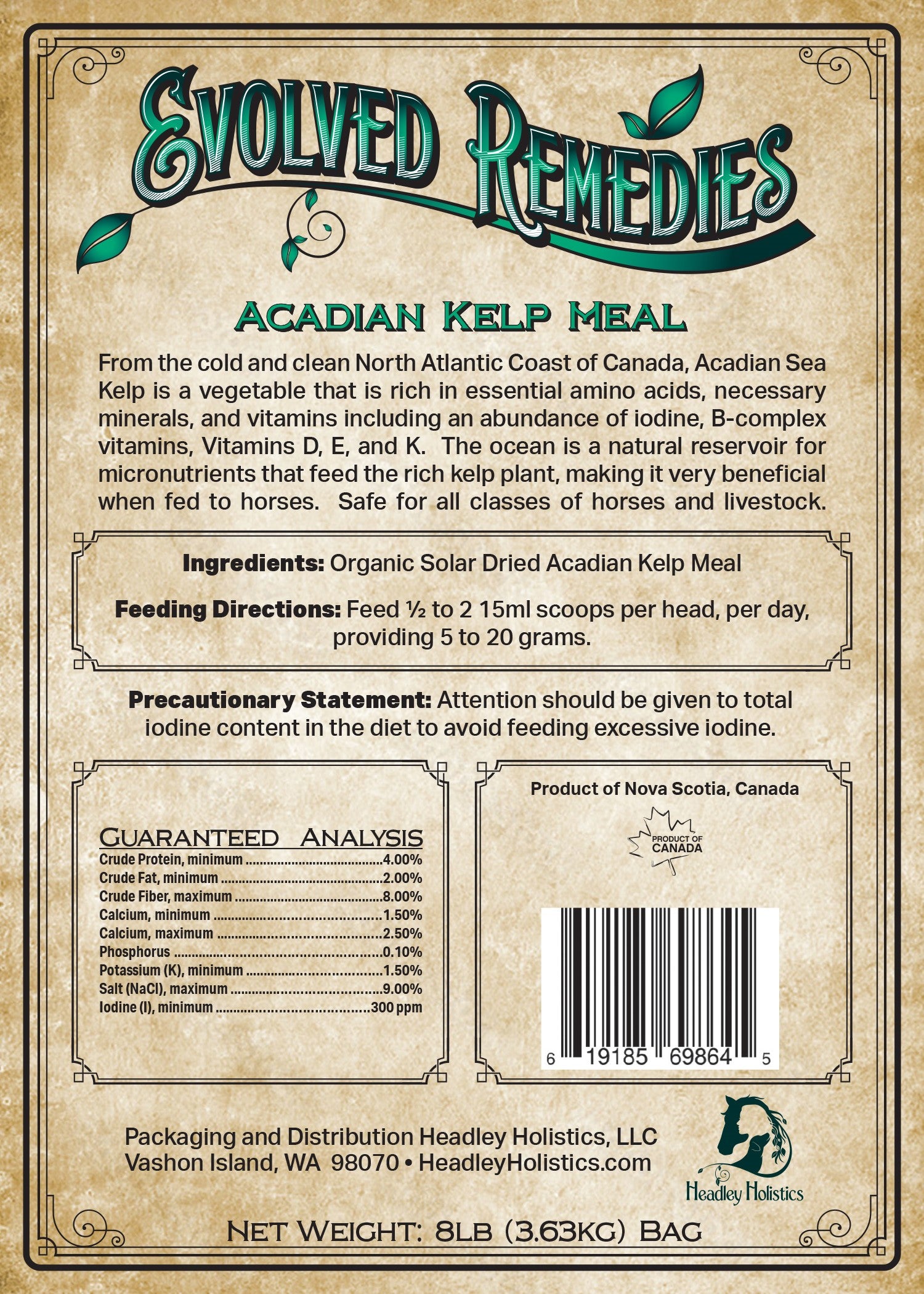
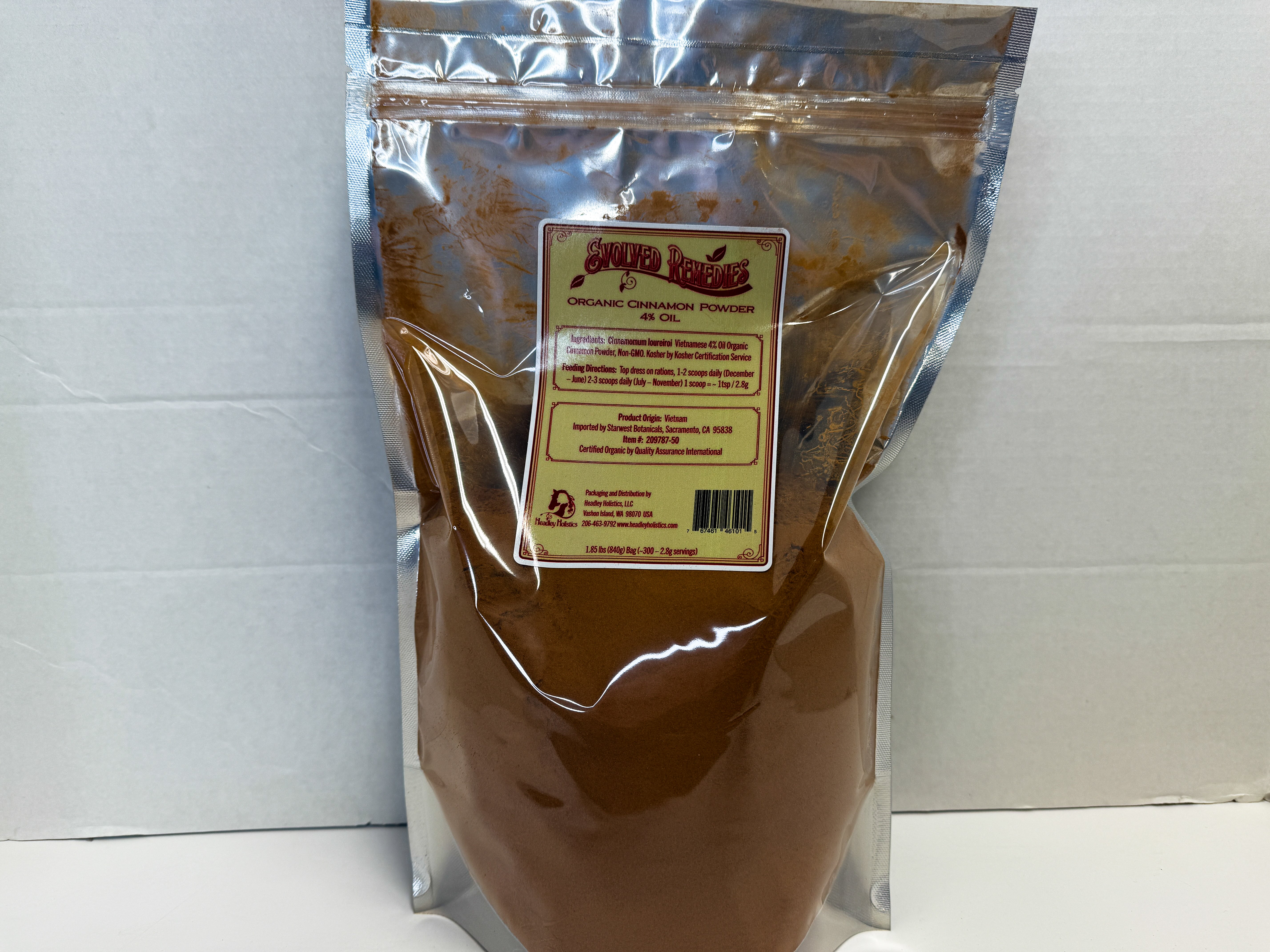
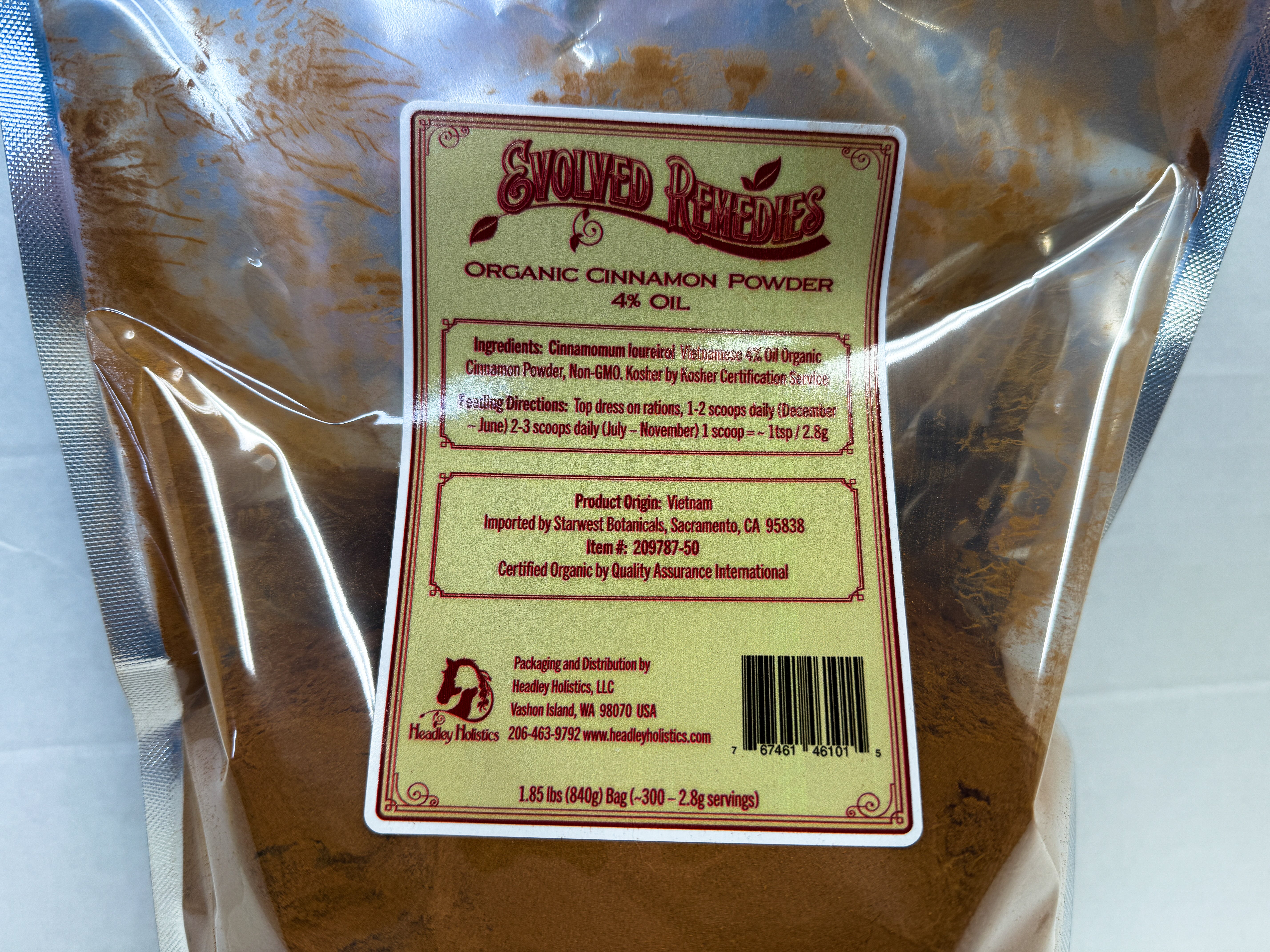
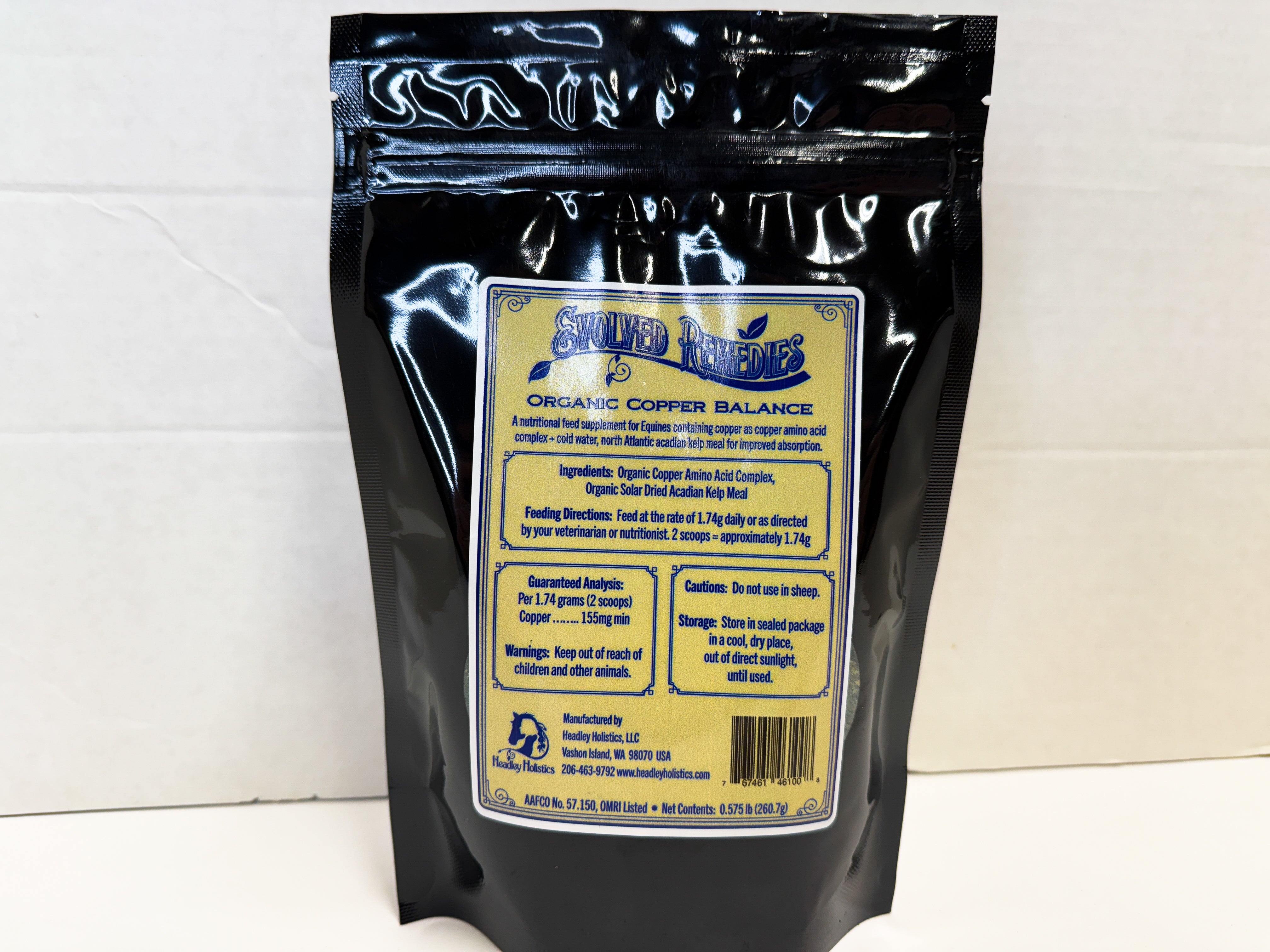
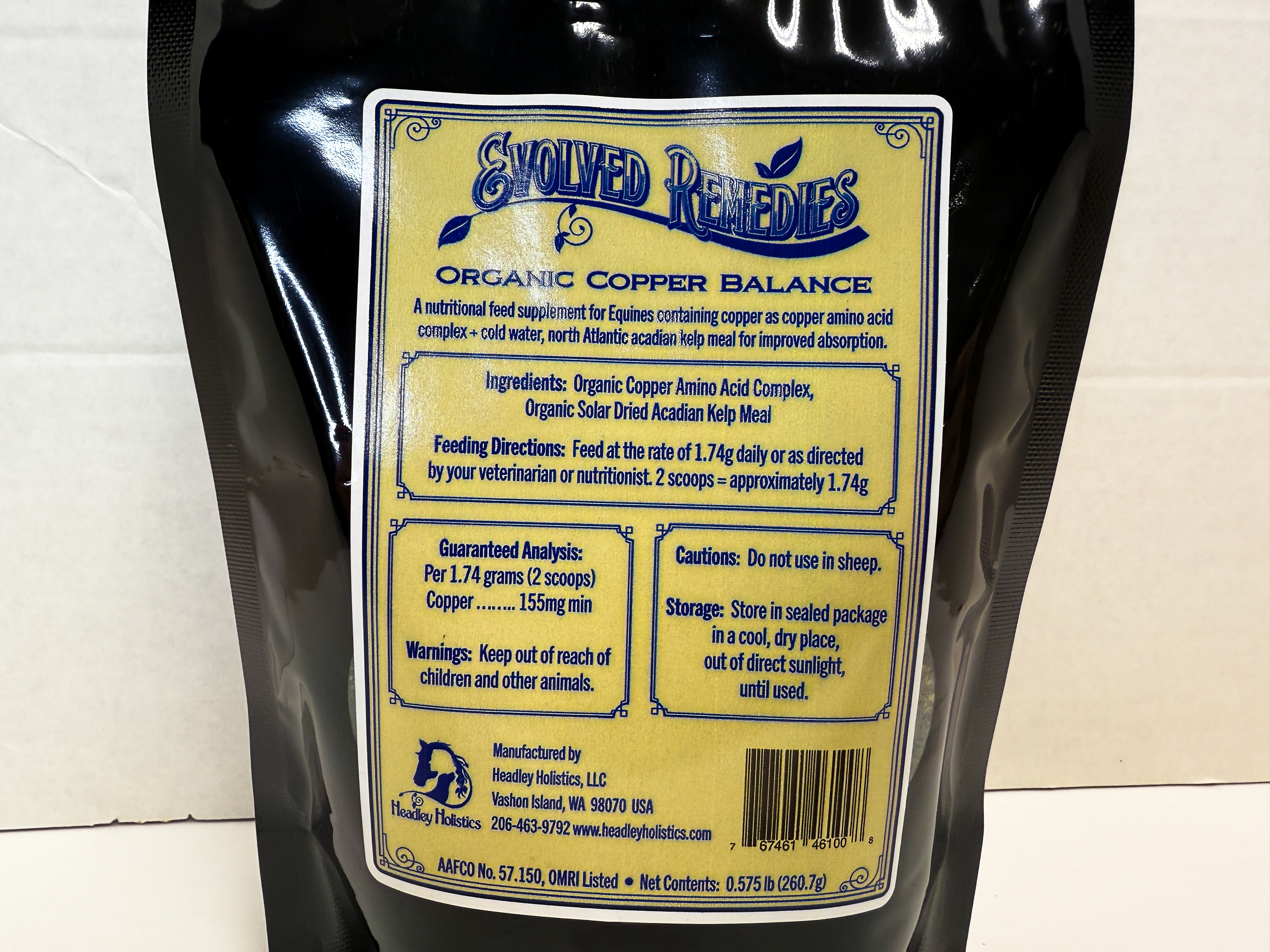
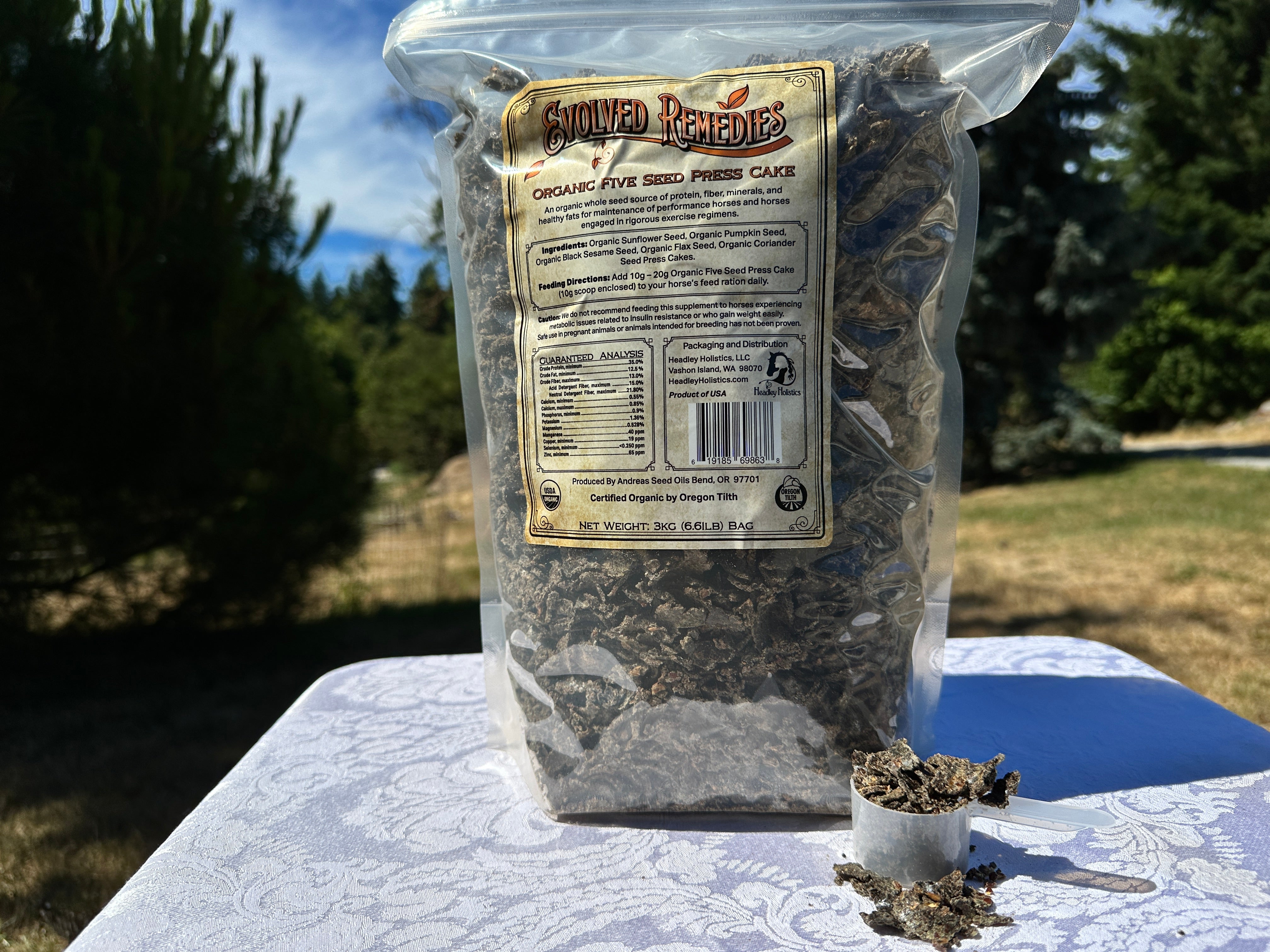
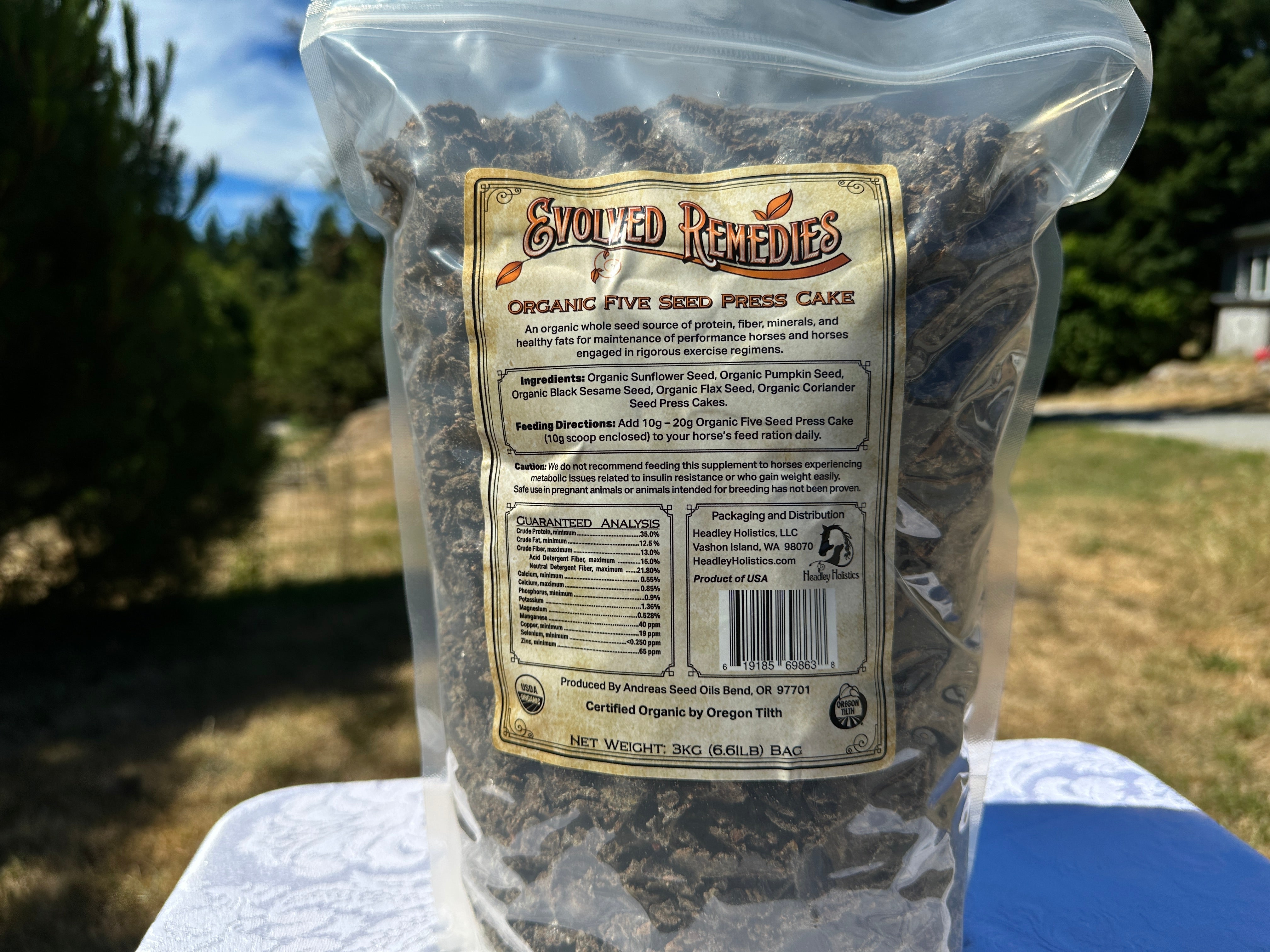
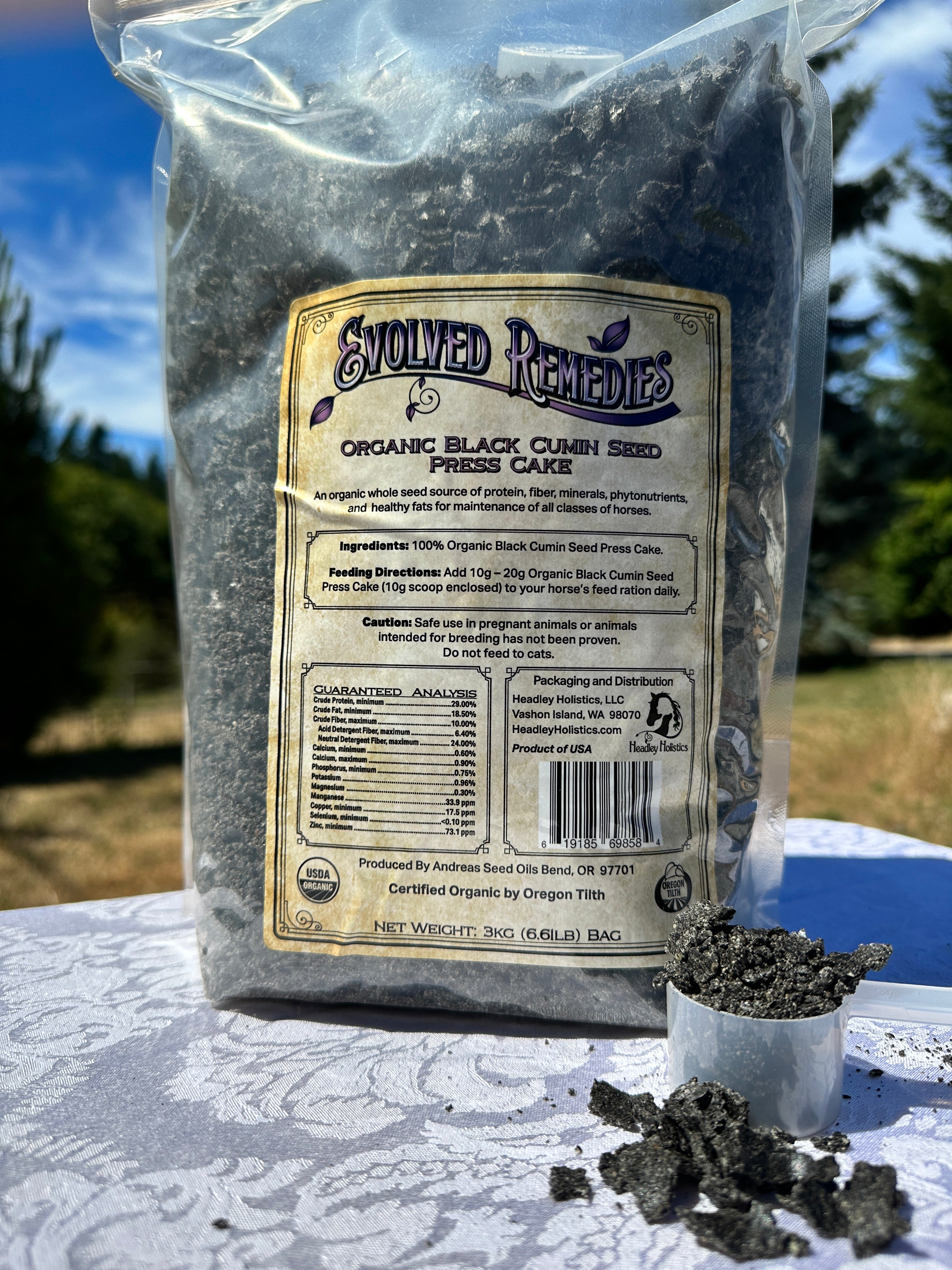
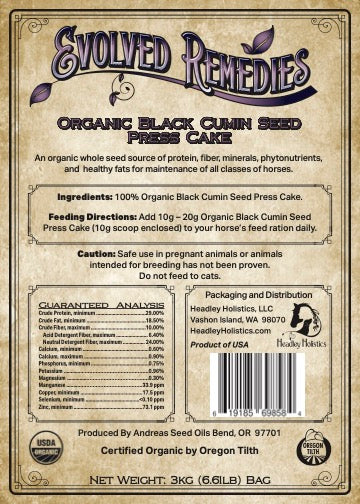

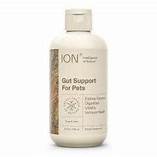
Leave a comment
This site is protected by hCaptcha and the hCaptcha Privacy Policy and Terms of Service apply.